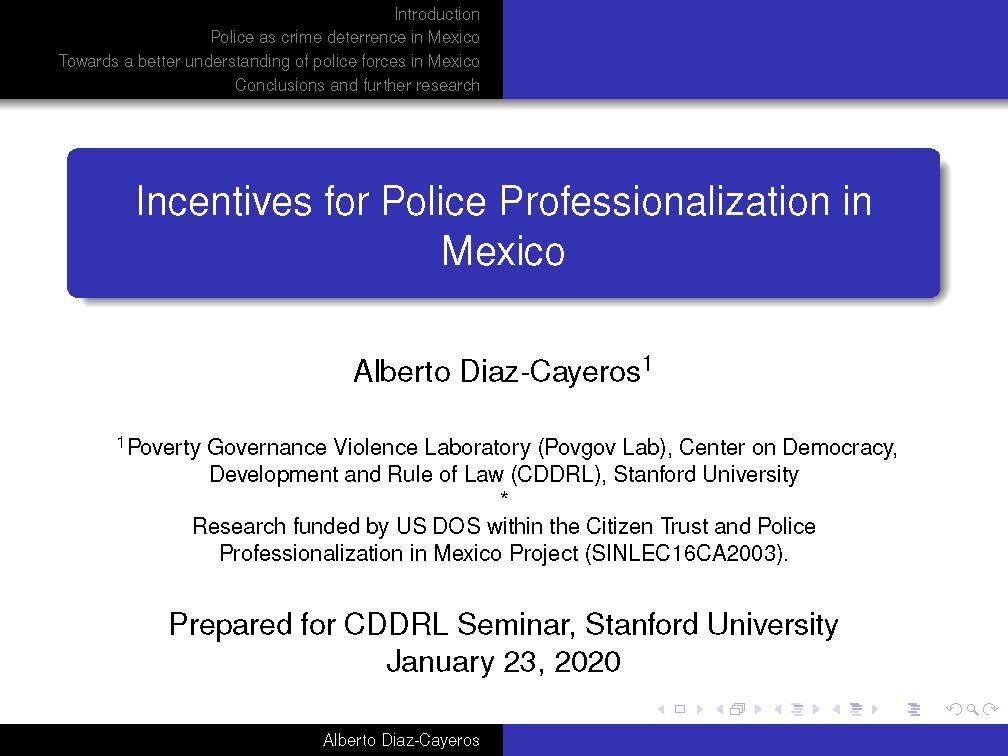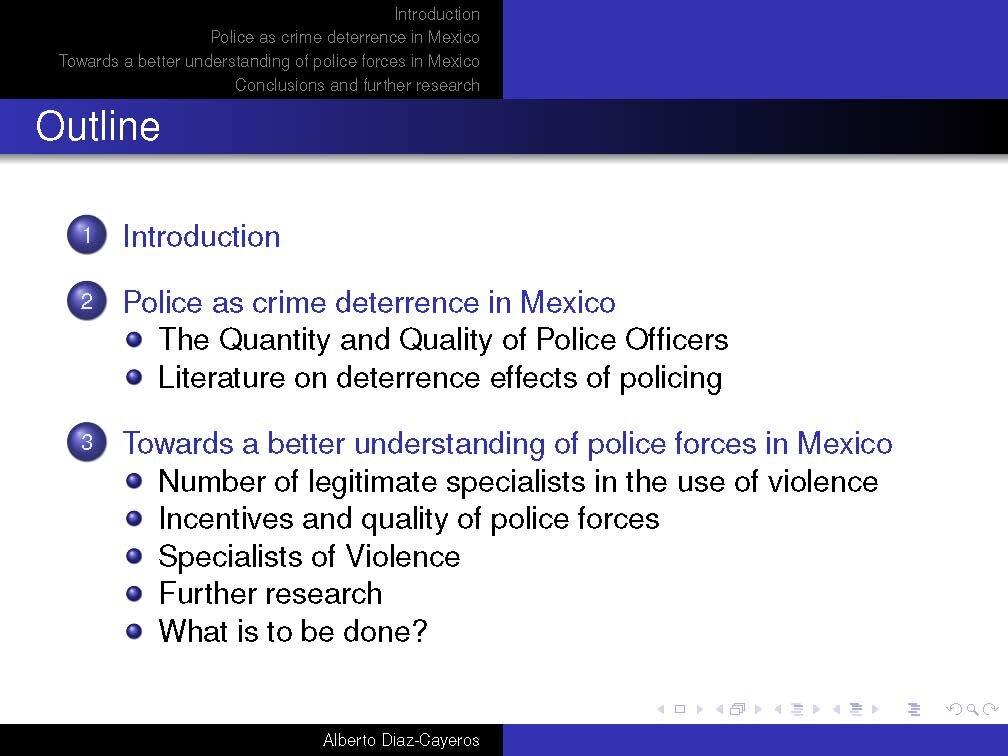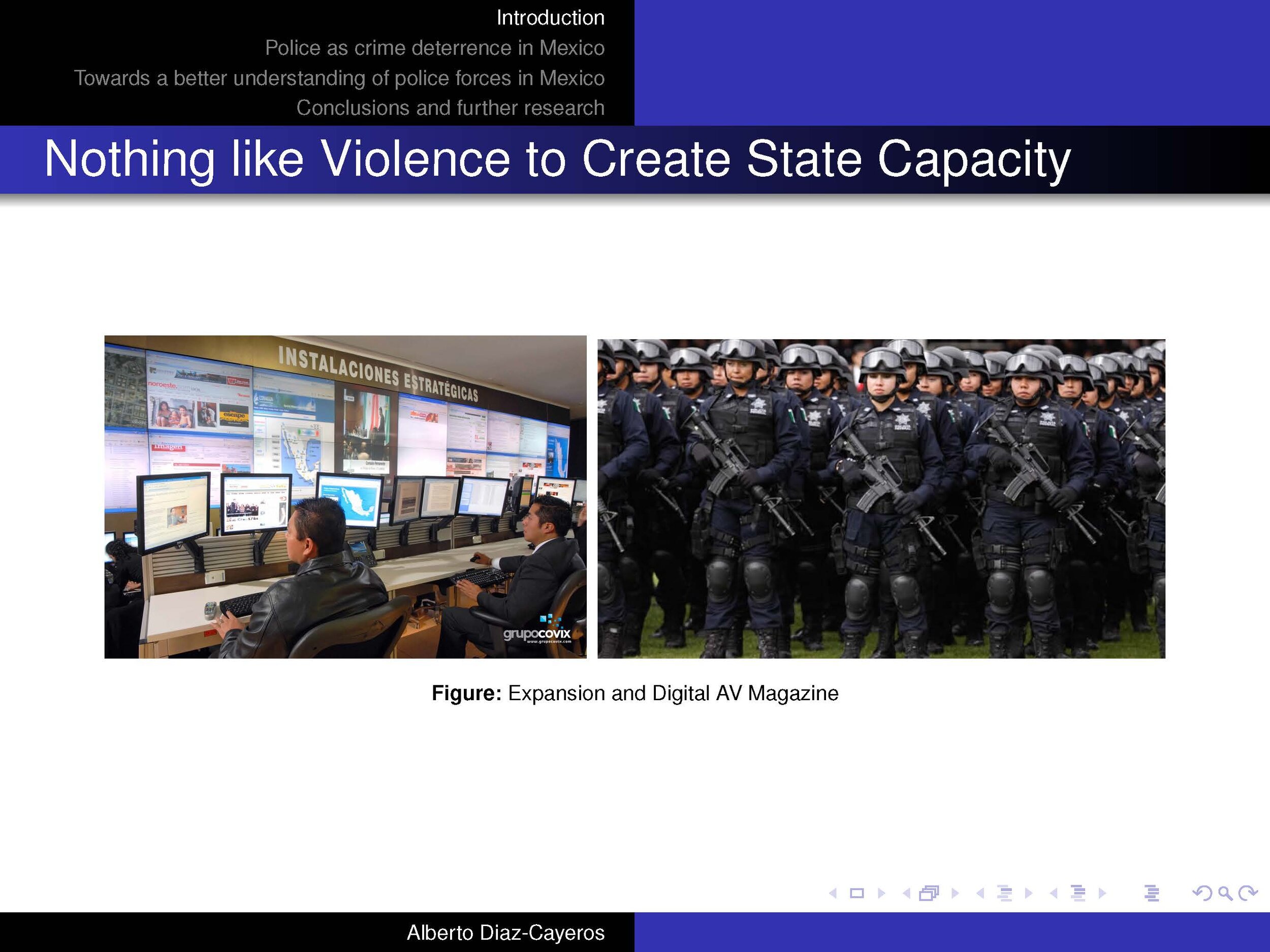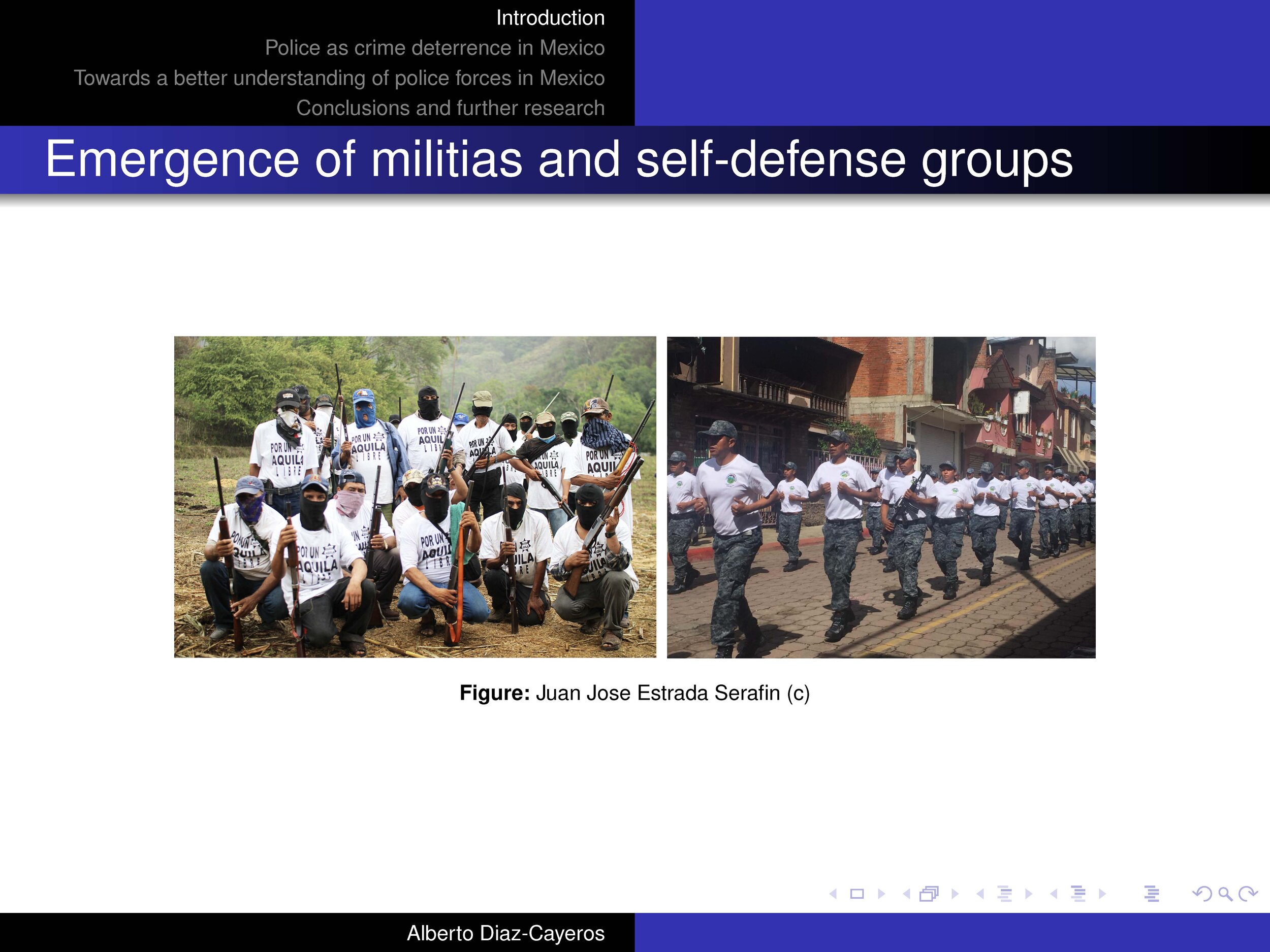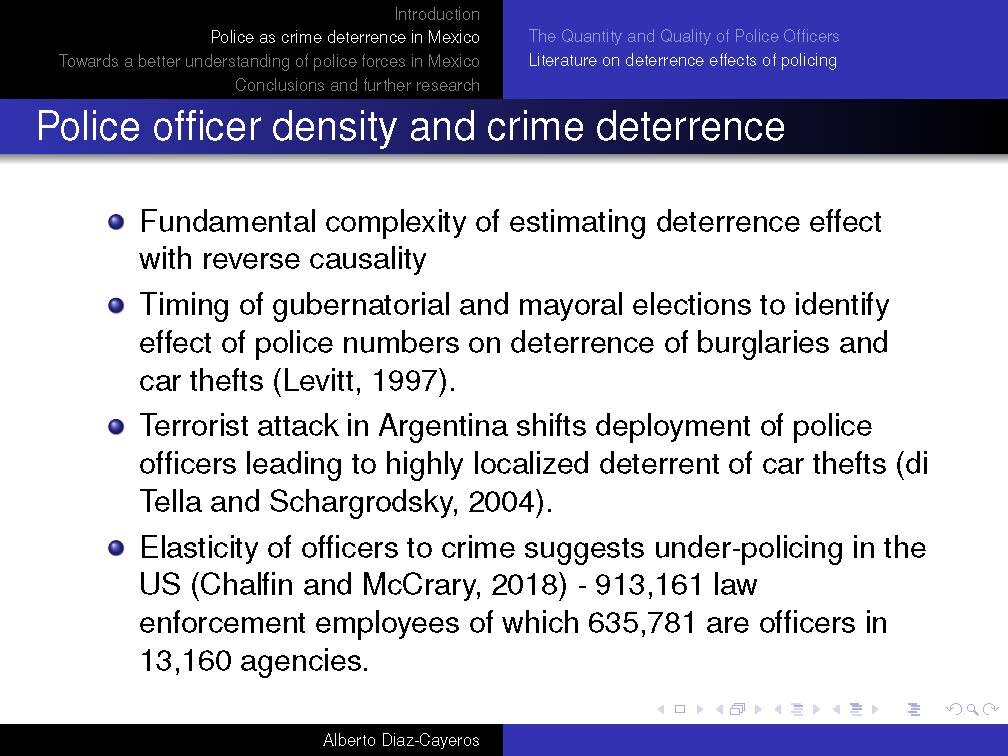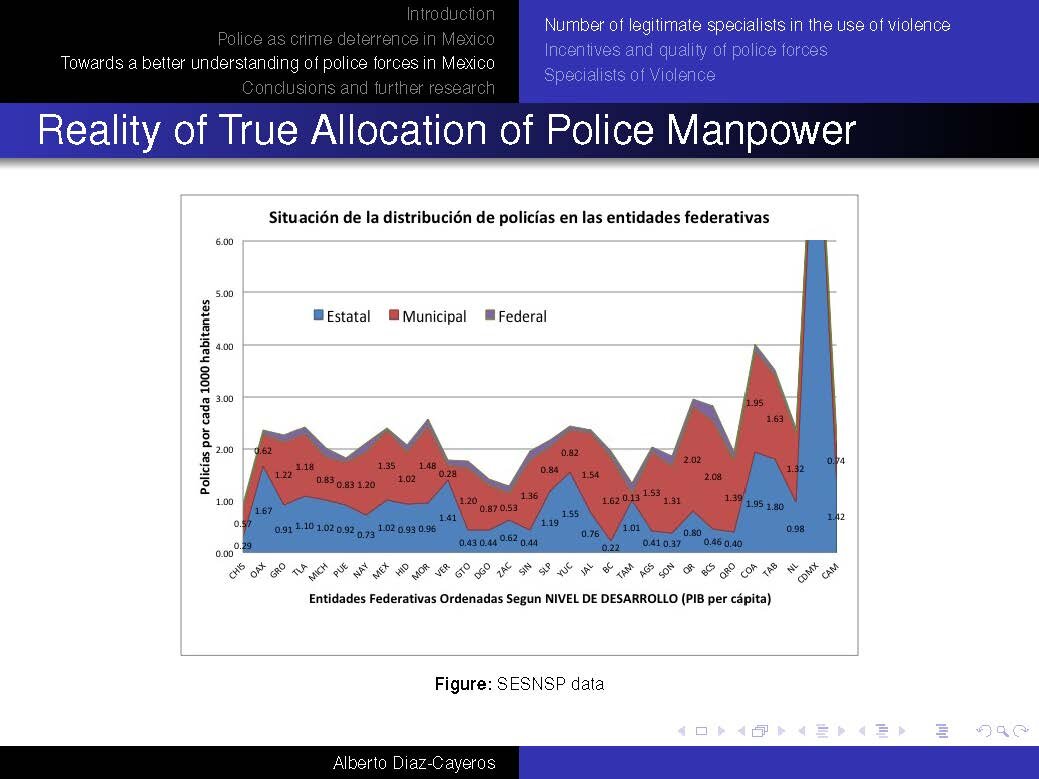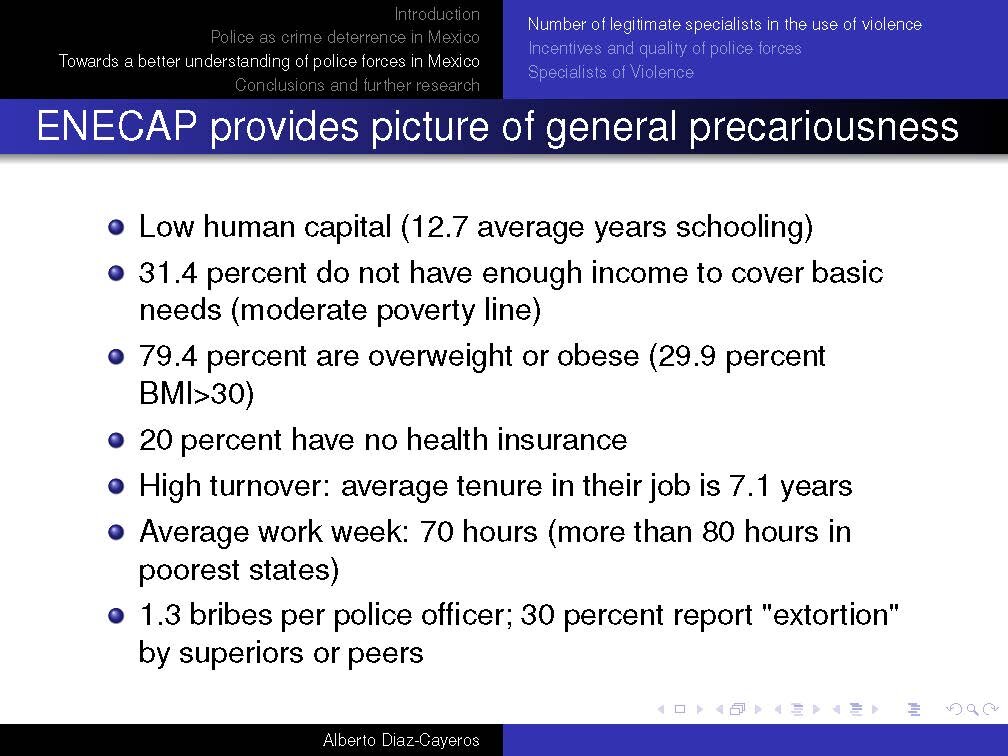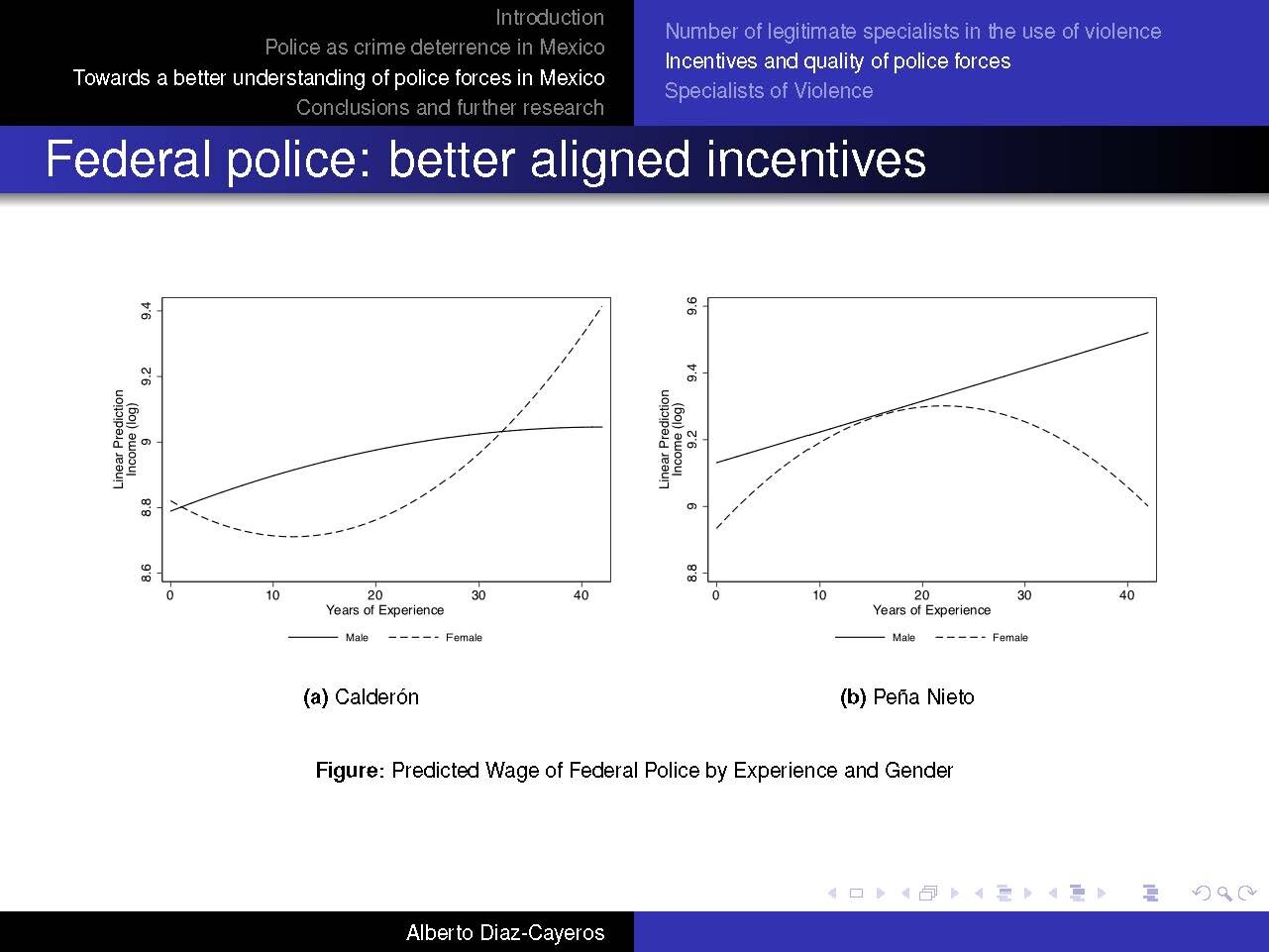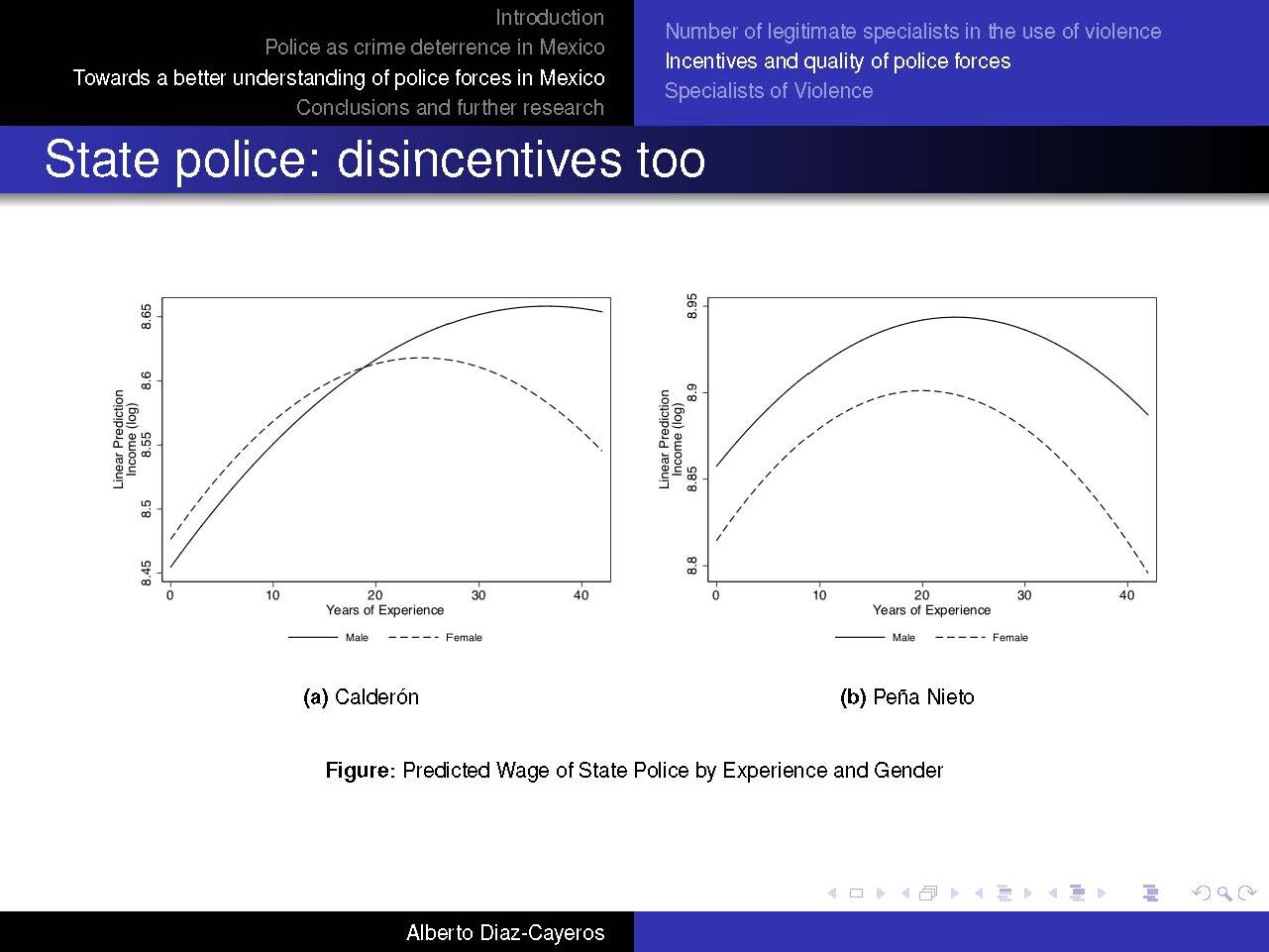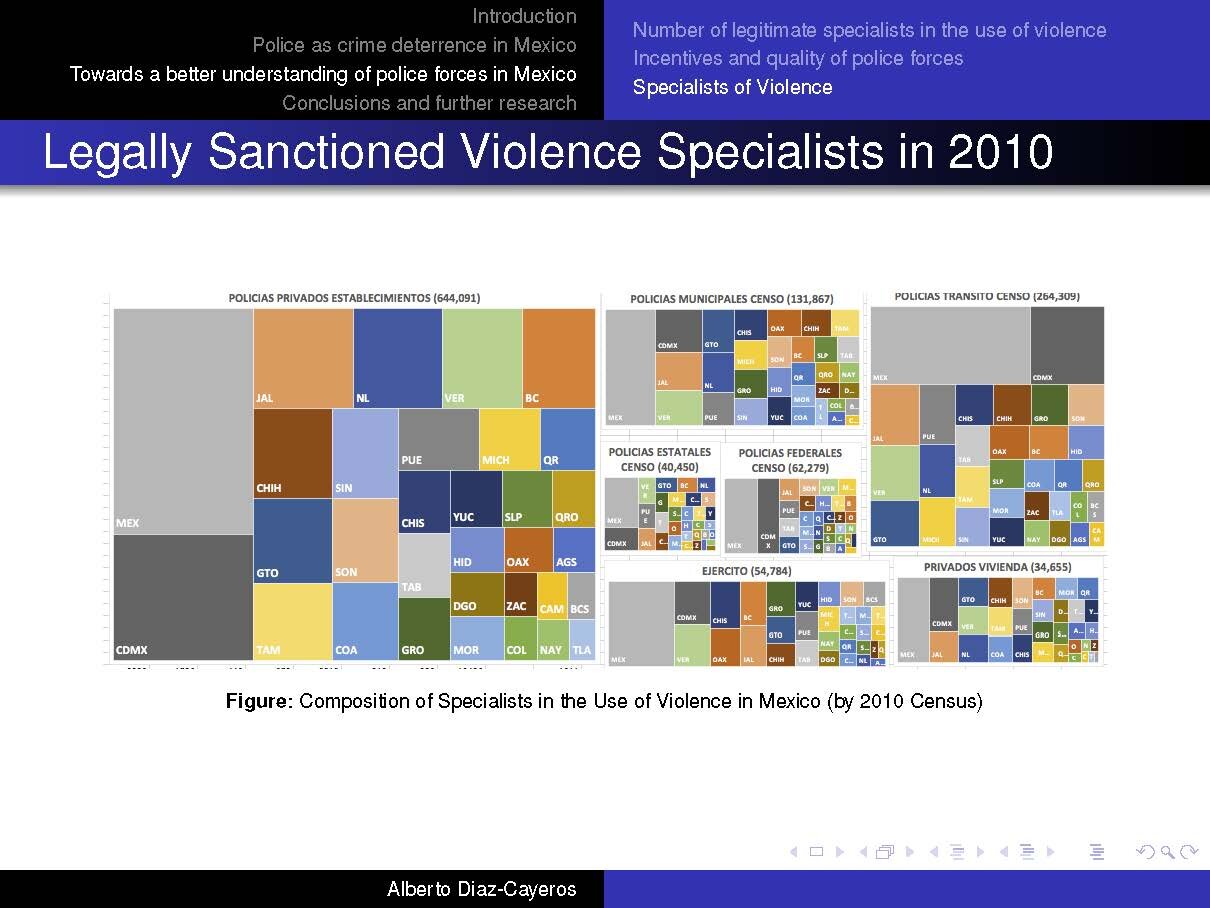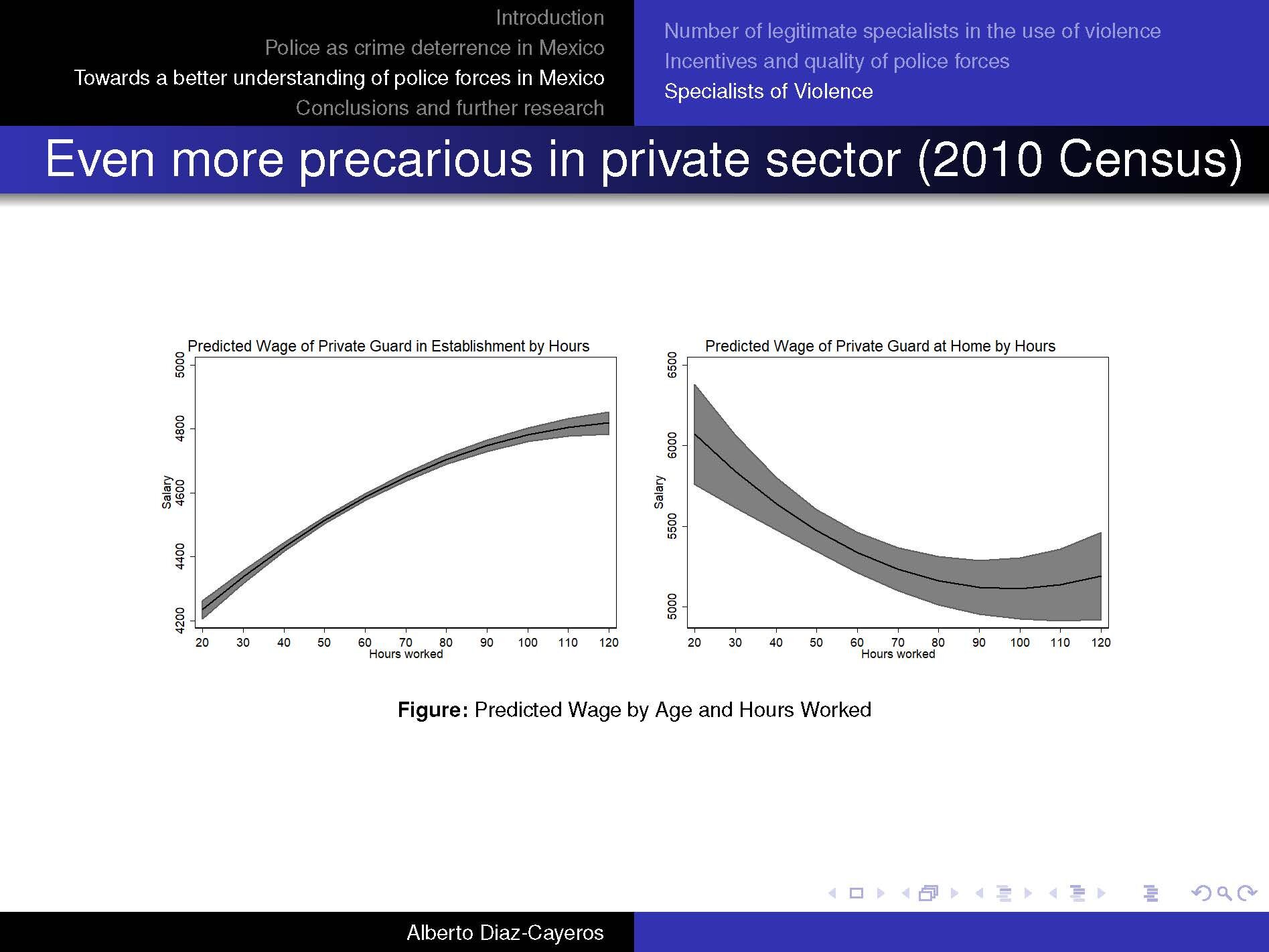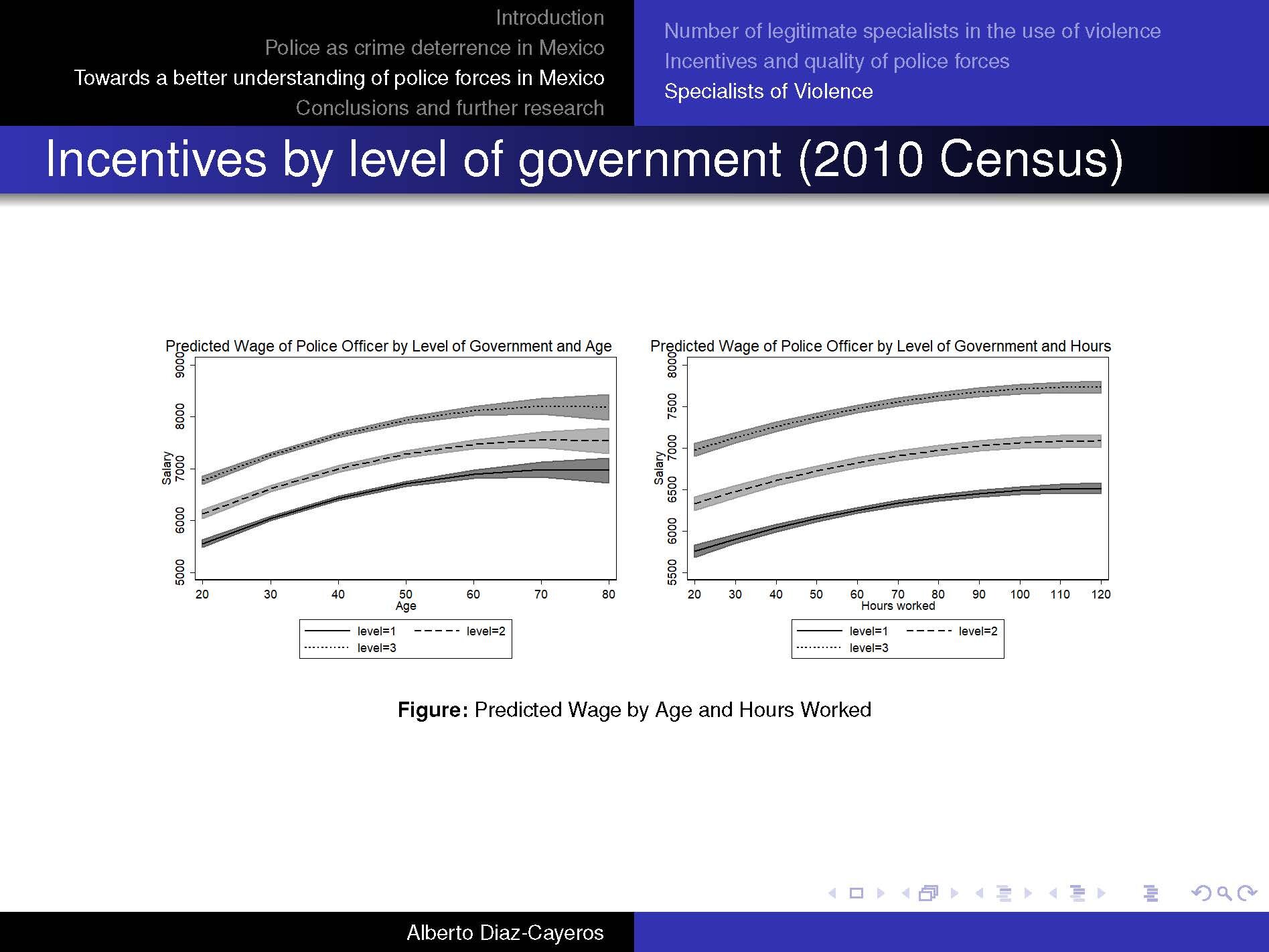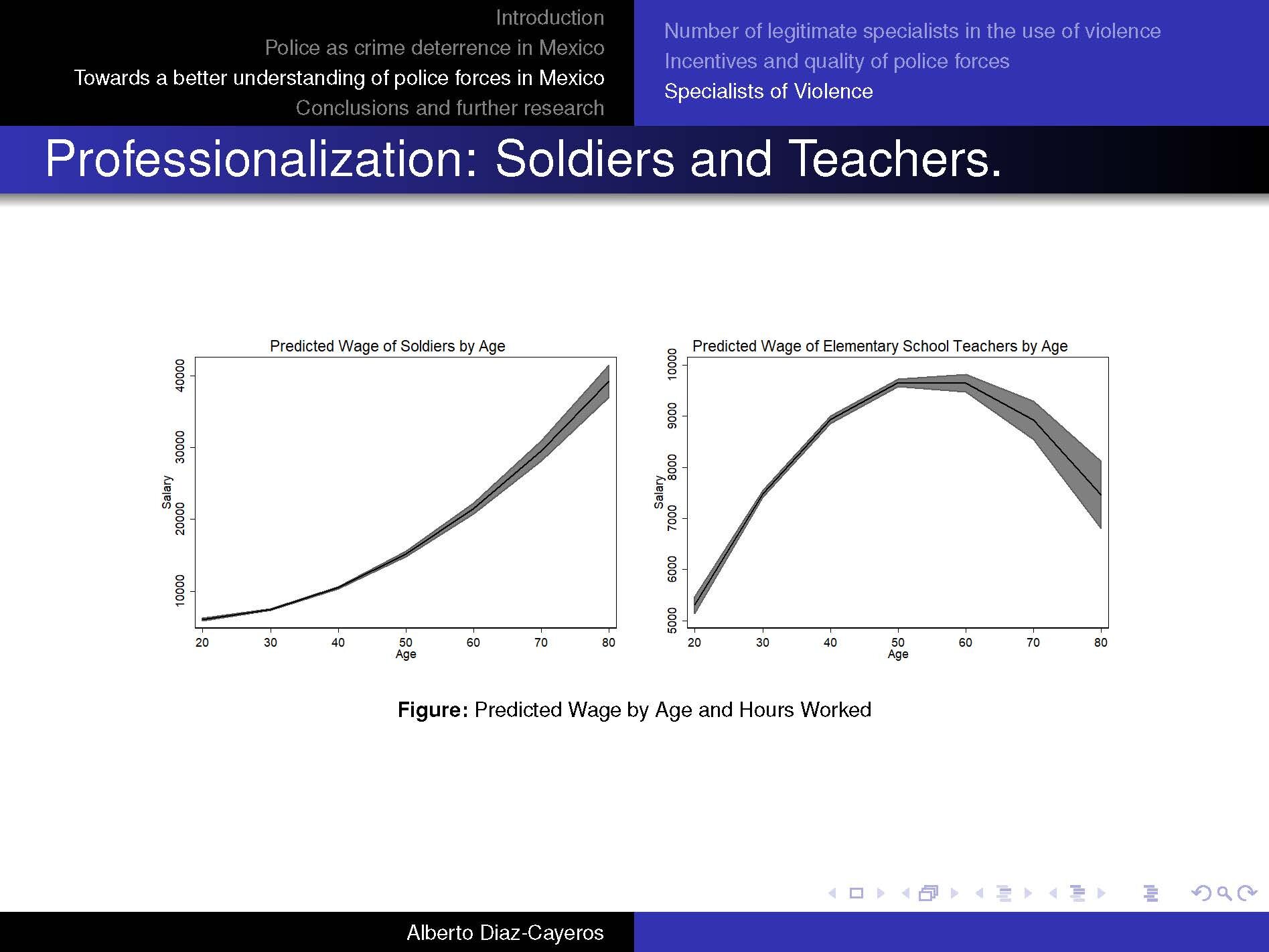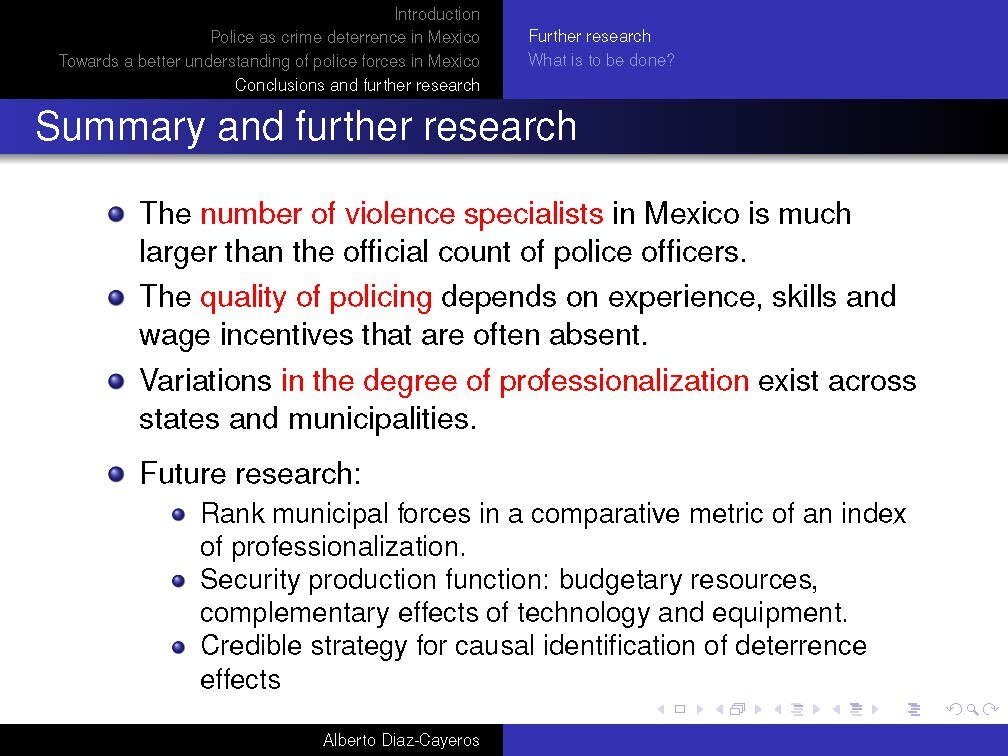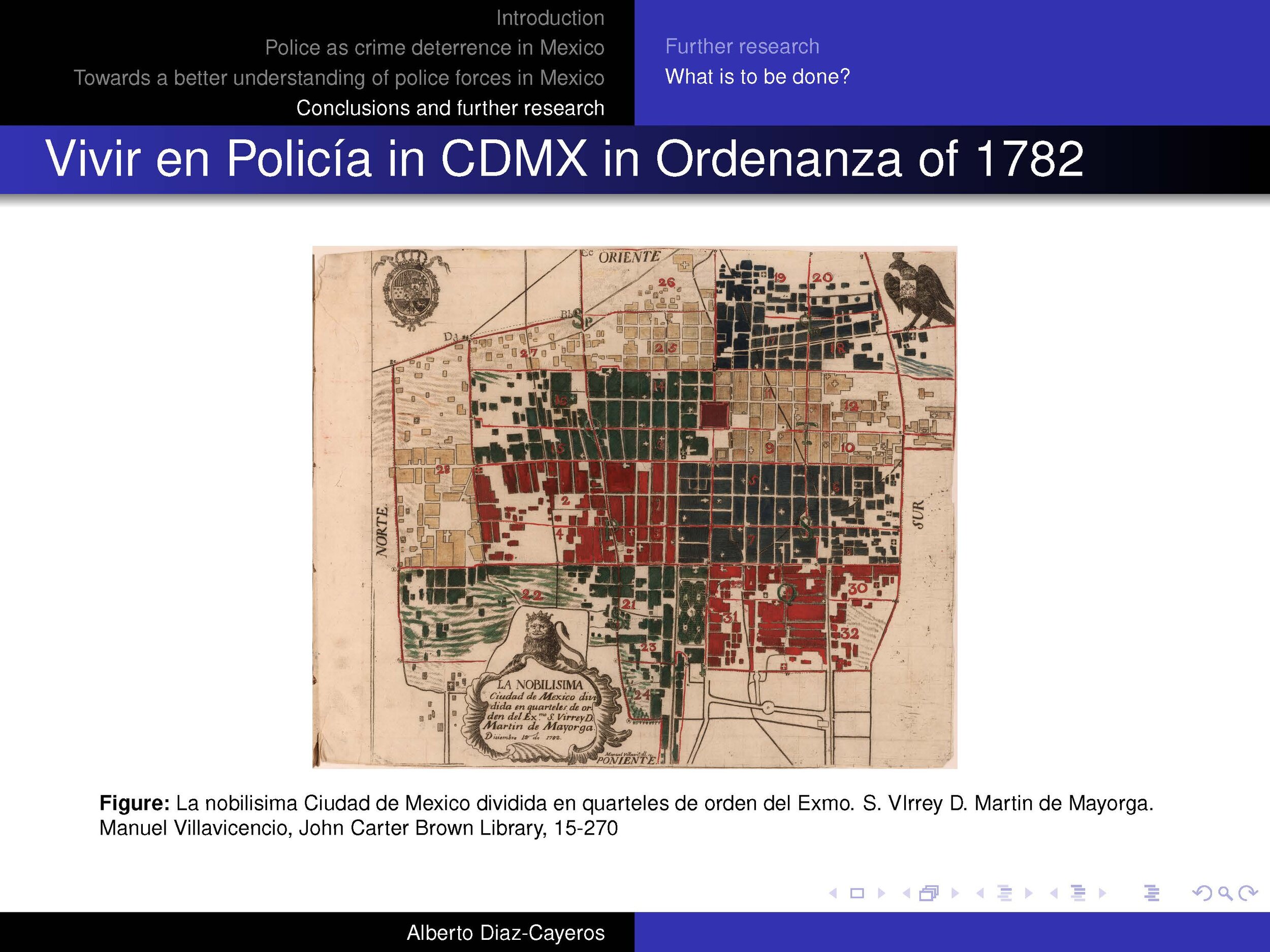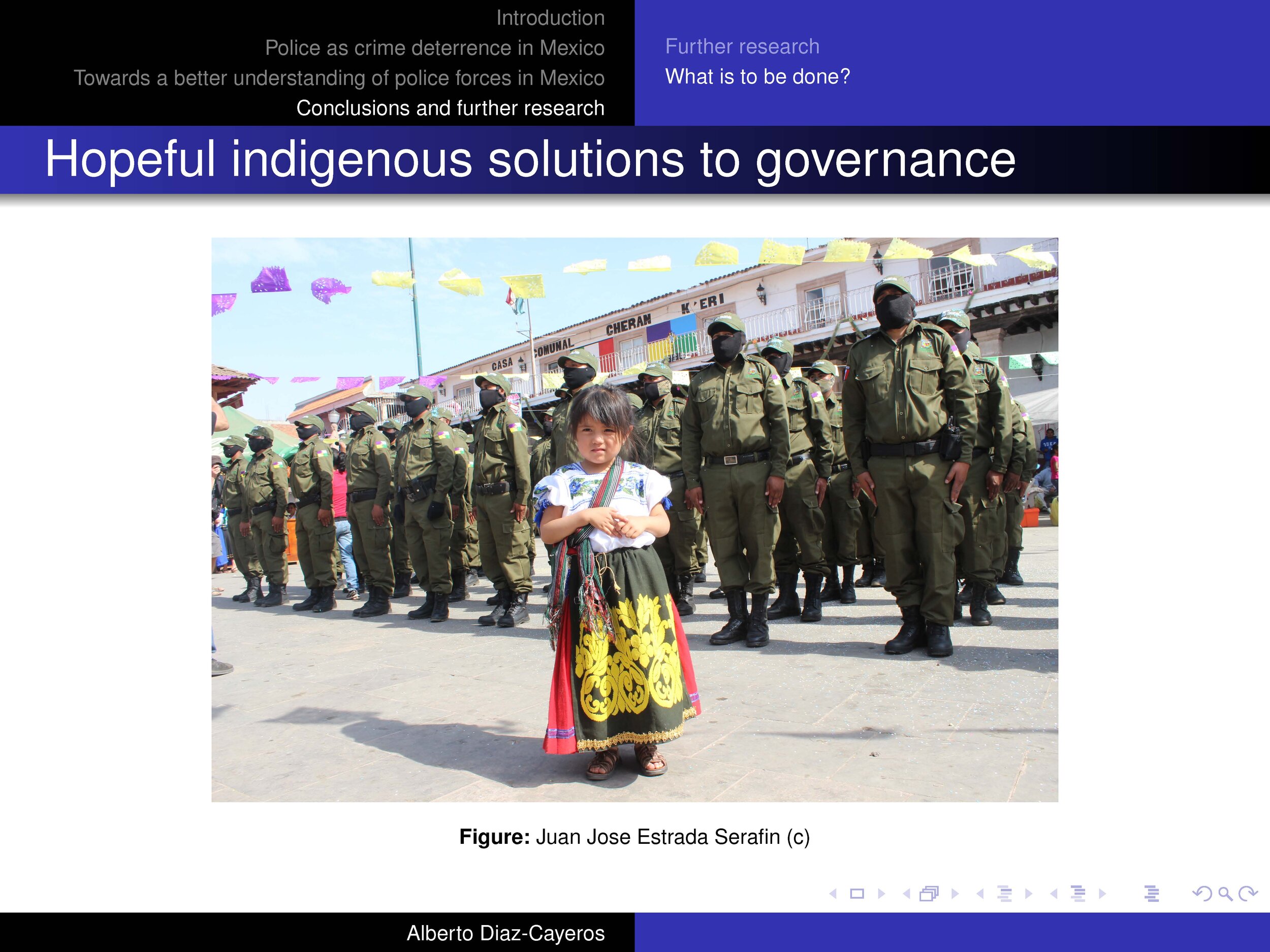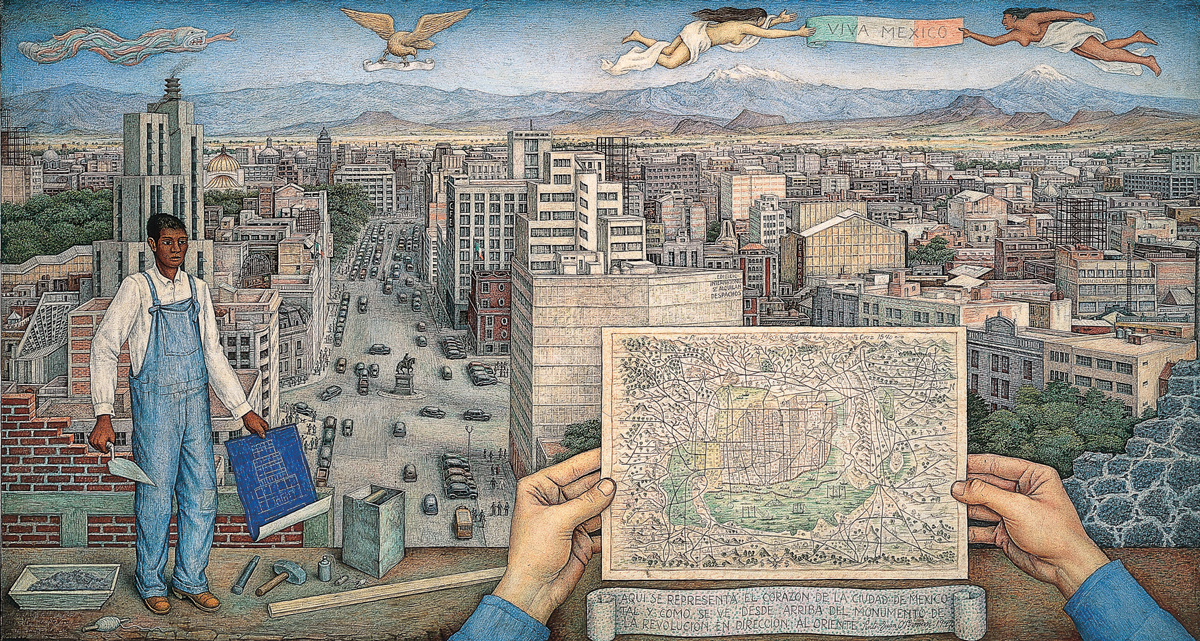Welcome! ¡Bienvenides!
Latino Landscape in the City of Oakland
(with Stephanie G. Stahlberg)
Report available here
This report was prepared for the City of Oakland’s Department of Violence Prevention (DVP) as a landscape analysis of the Latino community in Oakland. The study’s core objectives were to identify and summarize data that are available about the Latino community in Oakland, including demographics and crime and violence data, and identify risk and protective factors for this population. To that end, the authors identified and analyzed existing data and conducted primary research through semi-structured interviews with various individuals and organizations that are a part of or work closely with the Latino community in Oakland. Interviewees included school and school district officials, non-governmental organizations (NGOs), police and probation officers, community members and a social worker, among others.
About me
Senior Fellow at the Center on Democracy, Development and Rule of Law (CDDRL). His research interests include federalism, poverty relief, indigenous governance, political economy of health, violence and citizen security in Mexico and Latin America.
He is author of Federalism, Fiscal Authority and Centralization in Latin America (Cambridge, reedited 2016), coauthor with Federico Estévez and Beatriz Magaloni of The Political Logic of Poverty Relief (Cambridge, 2016), as well as numerous journal articles and book chapters.
He is currently working on a project on cartography and the developmental legacies of colonial rule and governance in indigenous communities in Mexico.
From 2016 to 2023 he was the Director of the Center for Latin American Studies at Stanford University. and from 2009 to 2013 Director of the Center for US-Mexican Studies at UCSD, the University of California, San Diego.
Access my short CV here (long here)
Acerca de…
Investigador en el Centro para el Desarrollo la Democracia y el Estado de Derecho. Sus áreas de interés incluyen federalismo, alivio a la pobreza, gobernanza indígena, la economía política de la salud, violencia y seguridad ciudadana en México y Latinoamérica. Es autor del libro Federalism, Fiscal Authority and Centralization in Latin America (Cambridge, reeditado 2016) y coautor (con Federico Estévez y Beatriz Magaloni) del libro The Political Logic of Poverty Relief (Cambridge, 2016), así como múltiples artículos en revistas y otros volúmenes. Actualmente trabaja en un proyecto sobre cartografía y los legados de desarrollo del régimen y la gobernanza colonial sobre las comunidades indígenas en México.
Whispers of Silenced Voices: The Survival of Indigenous Linguistic Distinctiveness in Mexico City. Presentation at the Center for Latin American Studies, Stanford University.
Senior Fellow. Center for Democracy Development and Rule of Law. Freeman Spogli Institute of International Affairs. Stanford University..
Professor (by courtesy). Political Science Department.
Highlighted Papers
Popper y la teoría humanitaria y racional del Estado (con César Hernández Ochoa)
Este no es un artículo nuevo. Hace unos días escribí en mi blog sobre el legado de Karl Popper, y mi querido amigo César desenterró este artículo que publicamos en 1988 en una revista universitaria de corta vida que fundamos en México en 1988. Quizá el artículo todavía es relevante para quien busca un texto introductorio en español sobre las ideas de Popper y la democracia.
This is not a new paper by any means. I wrote a blog piece on the legacy of Karl Popper and my dear friend César unearthed a paper we published in 1998 in a short lived (only 4 issues) University magazine we created called Vértice in Mexico City. Maybe the article is still relevant for those seeking an introductory text to the ideas of Popper regarding democracy.
Pandemic Spikes and Broken Spears: Indigenous Resilience after the Conquest of Mexico (with Juan Espinosa-Balbuena and Saumitra Jha)
Stanford University Graduate School of Business Research Paper No. 3977
Abstract
It is well-established that the Conquest of the Americas by Europeans led to catastrophic declines in indigenous populations. However, less is known about the conditions under which indigenous communities were able to overcome the onslaught of disease and violence that they faced. Drawing upon a rich set of sources, including Aztec tribute rolls and early Conquest censuses, we develop a new disaggregated dataset on the pre-Conquest economic, epidemiological and political conditions both in 11,888 potential settlement locations in the historic core of Mexico and speci fically in 1093 actual settlements recorded in an early Conquest-era census, the Suma de Visitas (1548). Of these 1093 settlements, we show that 37% had disappeared entirely by 1790. Yet, despite being subject to Conquest-era violence, subsequent coercion and multiple pandemics that led average populations in those settlements to fall from 2377 to 128 by 1646, 13% would still end the colonial era larger than they started. We show that both indigenous settlement survival durations and population levels through the colonial period are robustly predicted, not just by Spanish settler choices or by their diseases, but also by the extent to which indigenous communities could themselves leverage nonreplicable and non-expropriable resources and skills from the pre-Columbian period that would prove complementary to global trade. Thus indigenous opportunities and agency played important roles in shaping their own resilience.
Slides from recent presentations
Resistencia, Identidad y Territorio: Mapas Indígenas (Presentación Centro Cultural Universitario Tlatelolco, CCUT, UNAM, 1o. de Septiembre 2021)












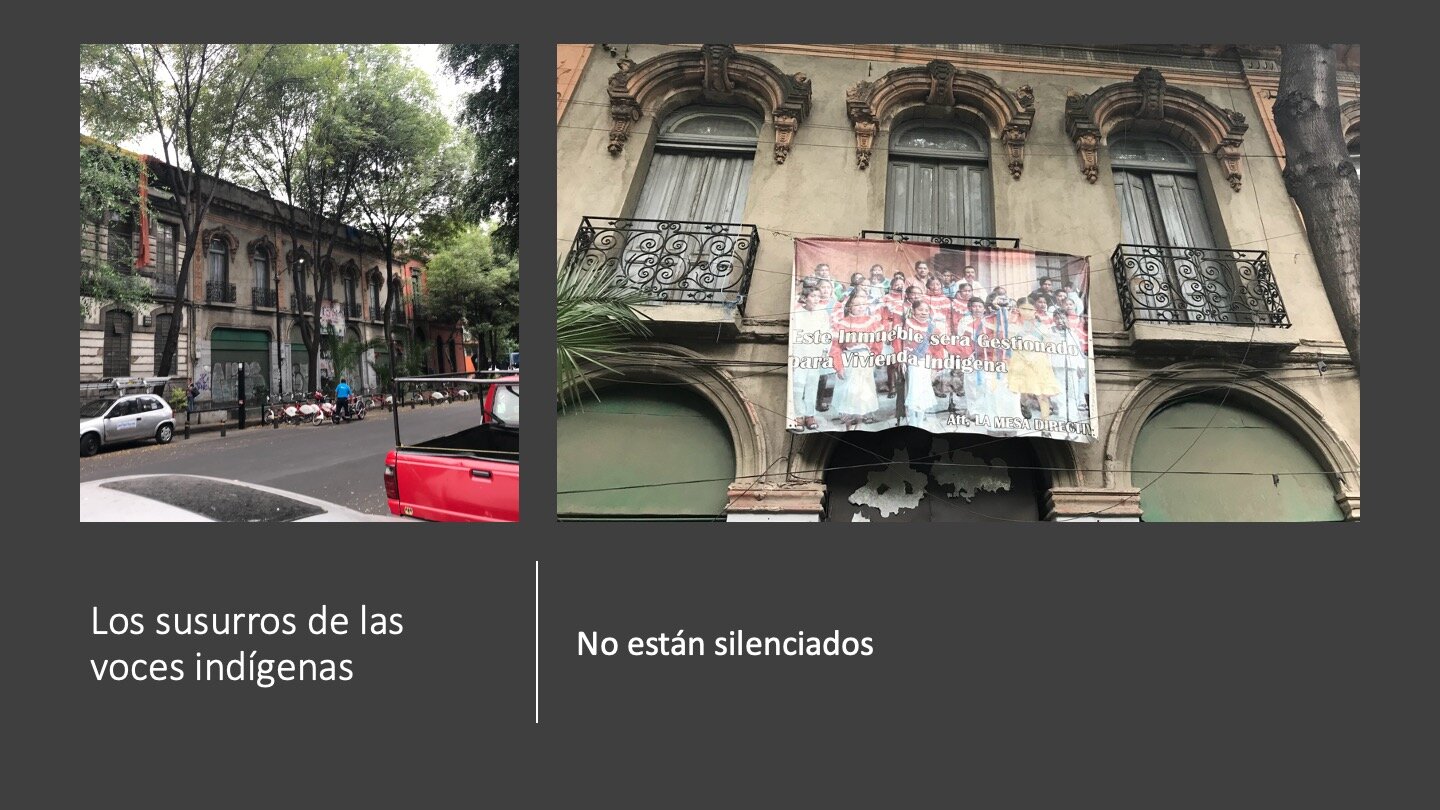

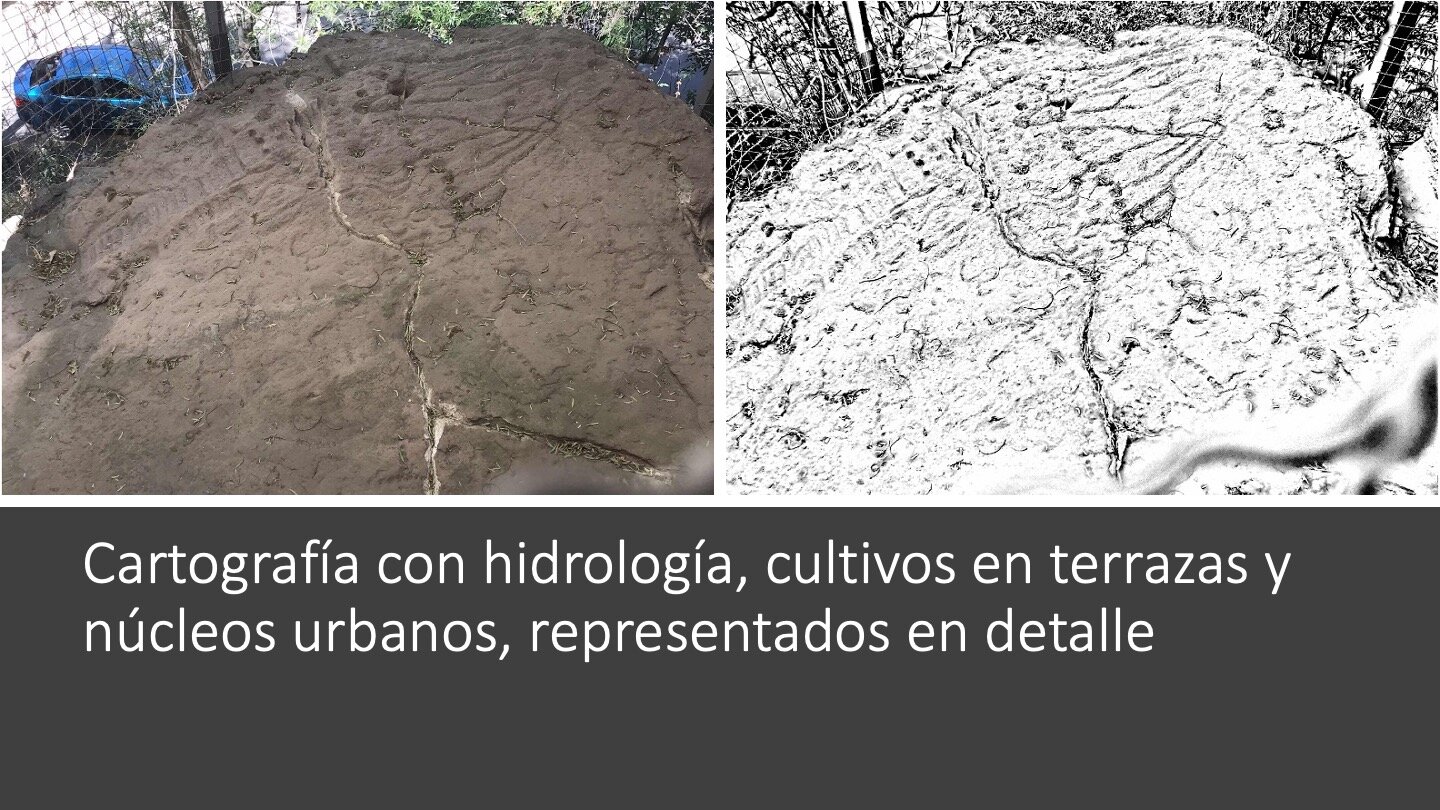
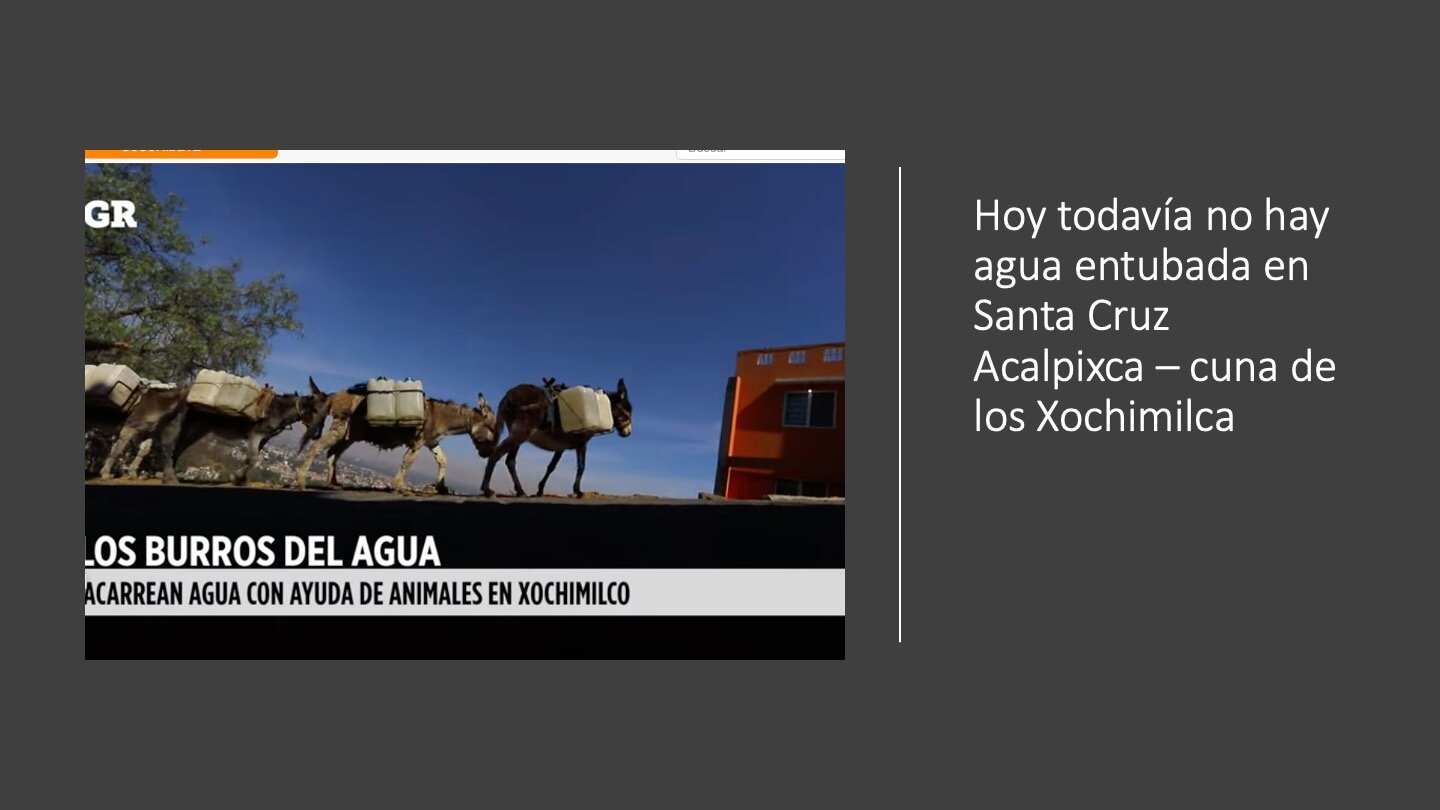
SLIDES FROM CDDRL COVID-19 SEMINAR (MAY 7, 2020):
Federalism and the COVID-19 response in Mexico (with some comments relevant to Brazil and the United States)
















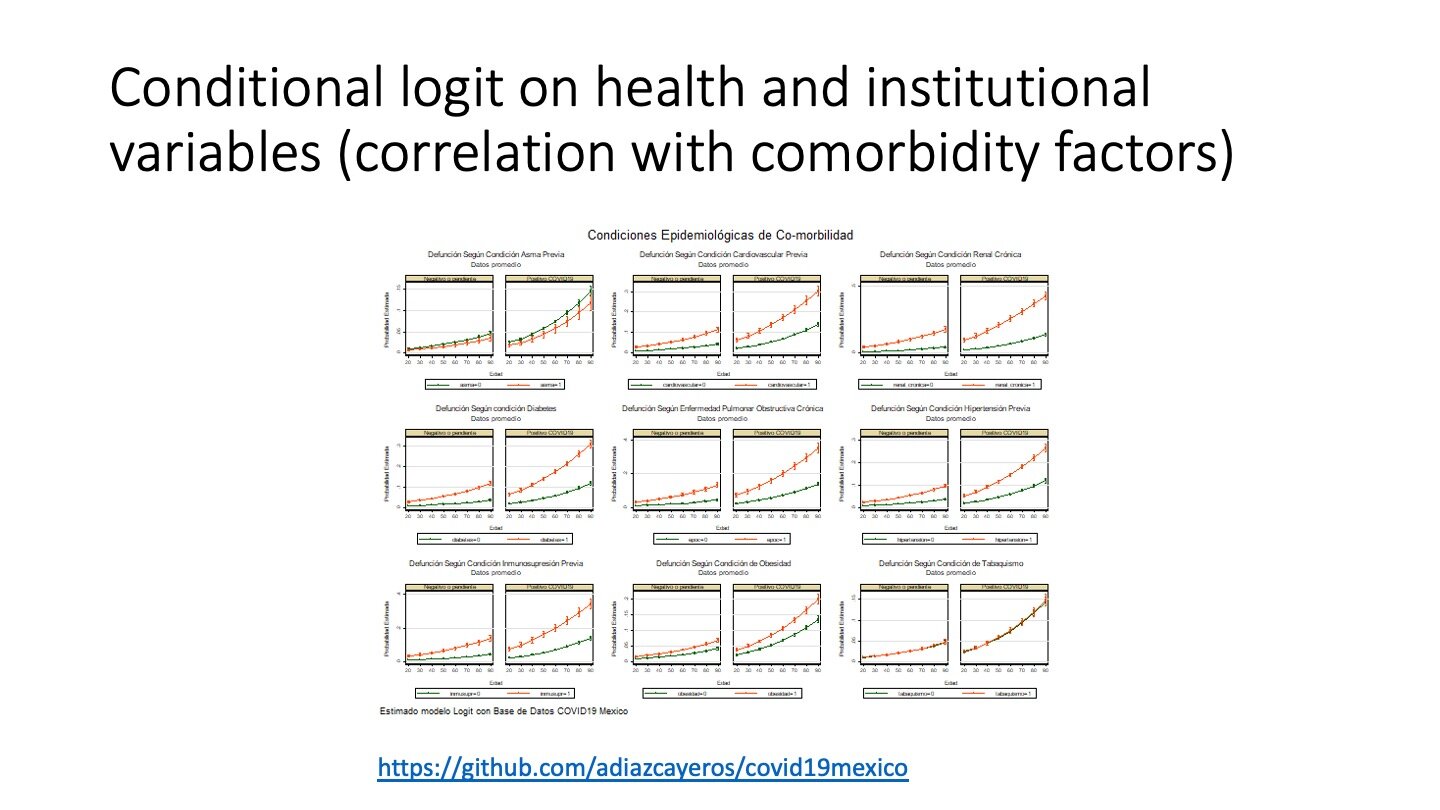

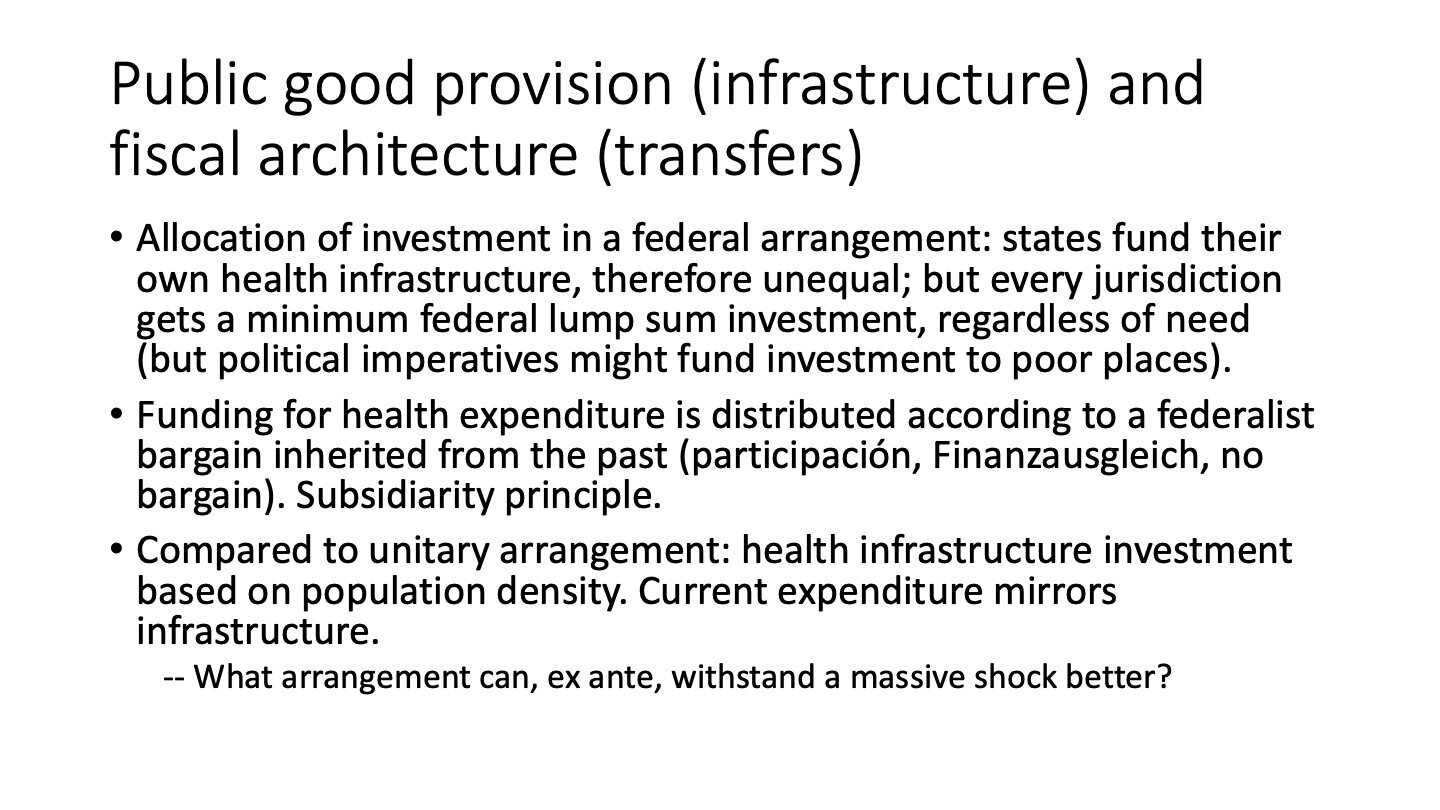
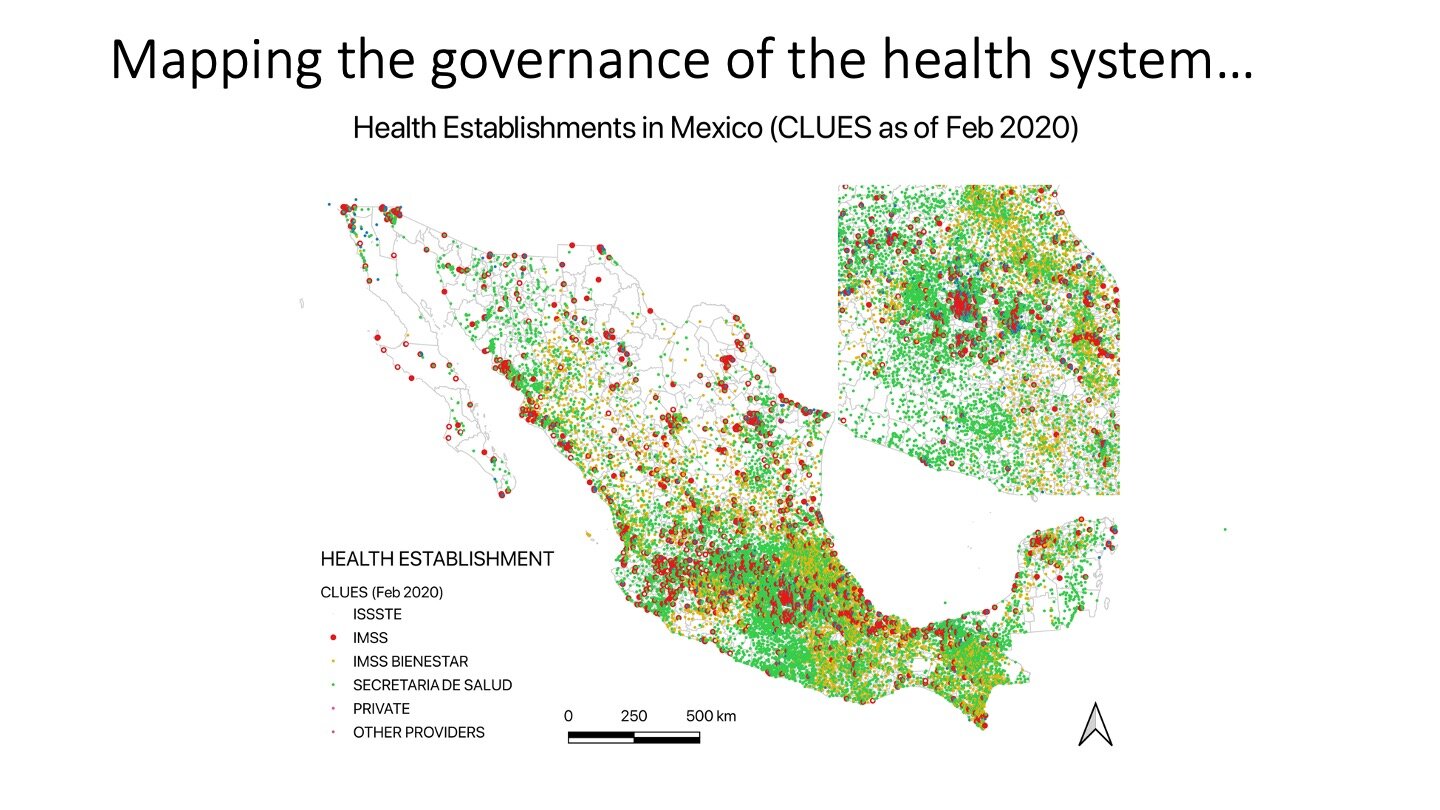
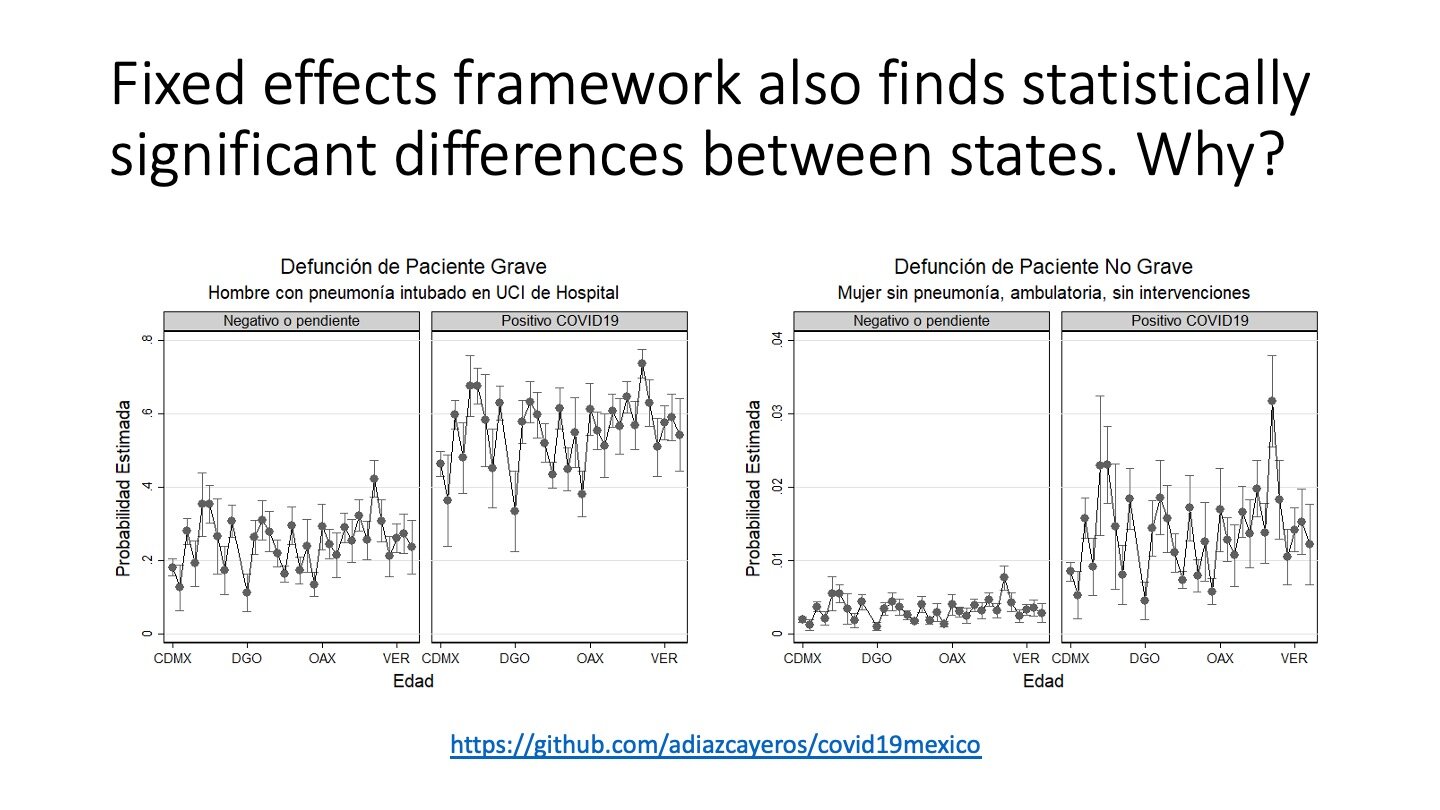
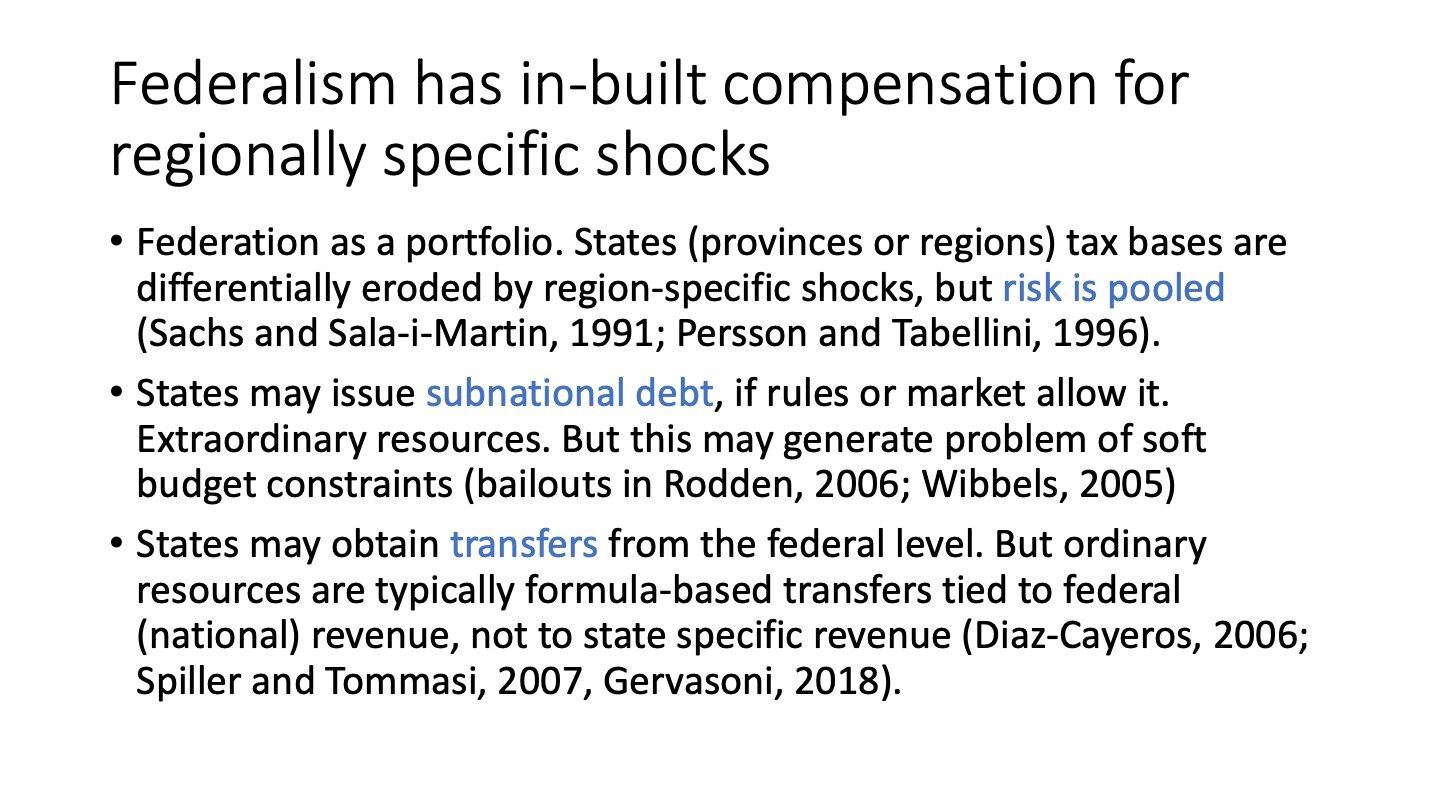
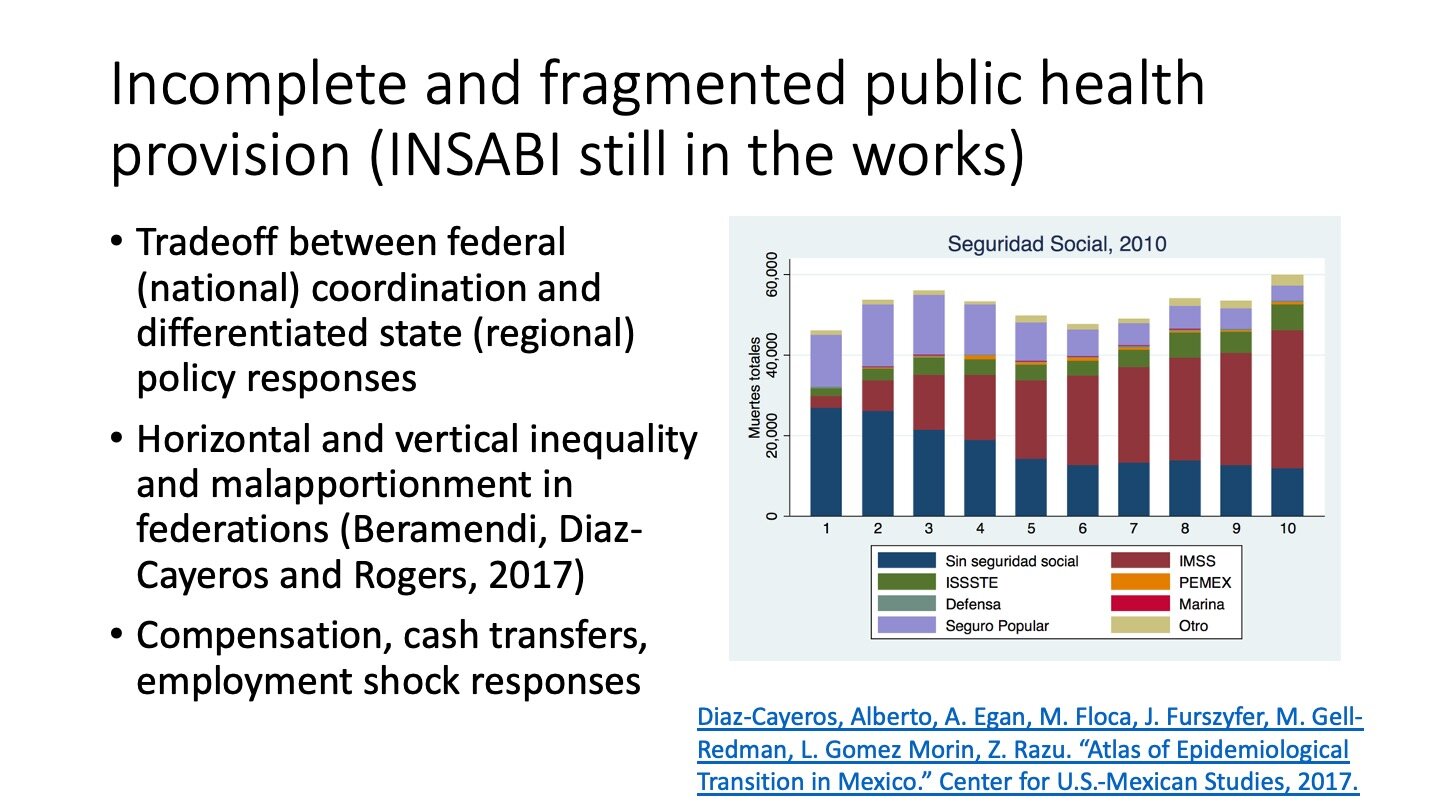

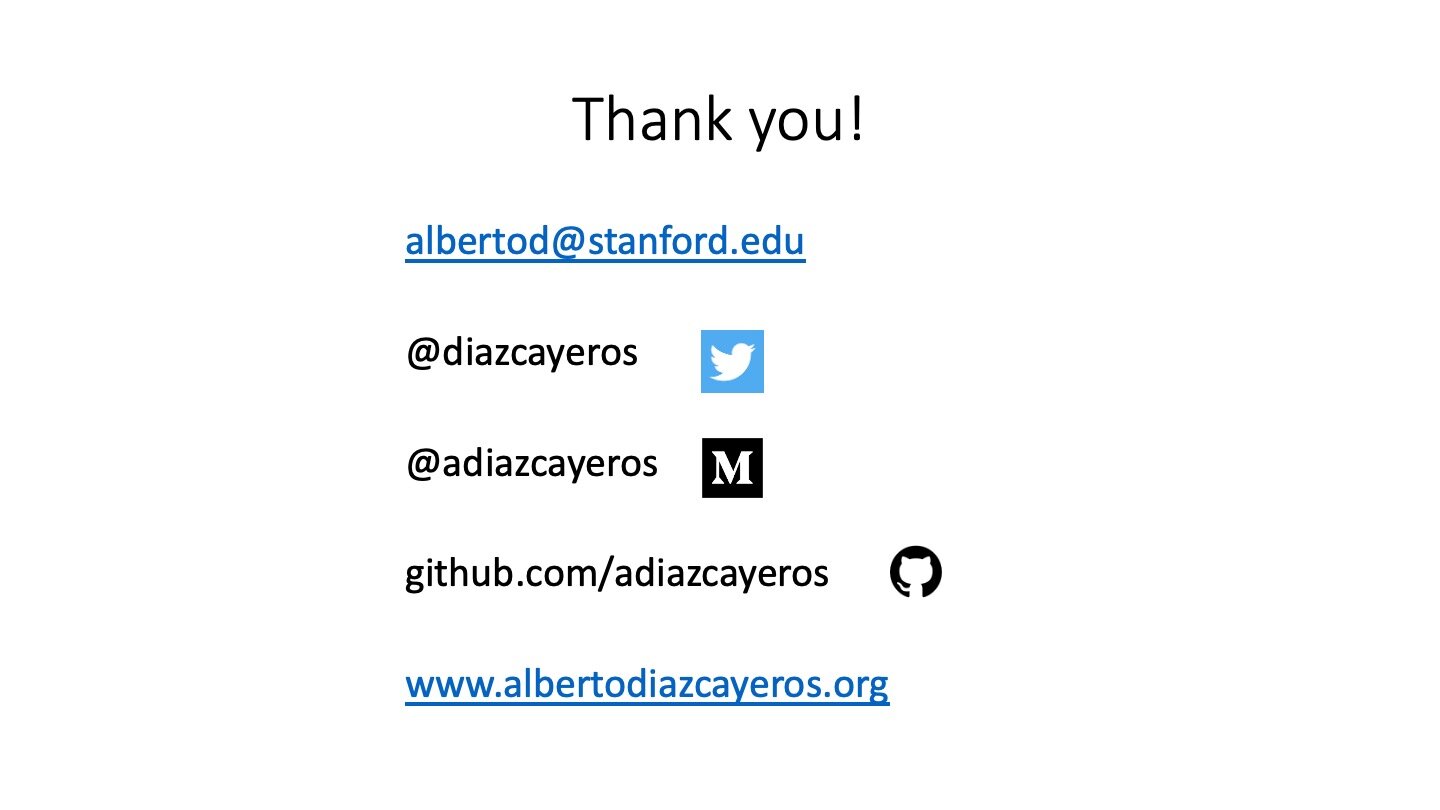
Slides from my conference at the Comparative Democracy Seminar, Ash Center, Harvard University (April 25, 2019)
Persistent Voices: Domestic Workers and Indigenous Households in Mexico City
This slideshow presents preliminary fi ndings of an ongoing study of the persistence of indigenous identity and domestic workers in Mexico City. Reconstructing the demography of the little known census of 1890, together with cartographic geocoding at the city block level (manzana), the paper provides evidence of a spatially concentrated pattern of employment for domestic workers in the municipality of Mexico City in the 19th century. The analysis confi rms a long term practice of ethnic labor specialization in home and caregiving activities. Women employees, most of them indigenous, came to represent almost half of the composition of rich households. The social con figuration of household employees continued to characterize richer neighborhoods of the City well into the 1970s (live-in employees in the homes of the rich and upper middle class). The paper moves into the present geolocating the indigenous households in the downtown area of Mexico City (disaggregating the 2010 census ethnic identi ers at the city block level). I show that indigenous households in downtown Mexico City live in a few concentrated clusters of city blocks. These spatially segregated pockets of indigenous families are distinct from both the household employees living in non-indigenous homes, or the waves of indigenous immigration settling in the periphery of the metropolitan area. The analysis shows that indigenous inhabitants living today in those downtown areas are located in close proximity to the indigenous palaces (Tecpan) of 16th century Mexico-Tenochtitlan. Since the Tecpan represented loci of autonomy and judicial adjudication, the last remnants of indigenous political power in the City, I interpret these findings as a manifestation of indigenous agency and empowerment, an echo of voices that were never silenced. The paper concludes with a discussion of the persistent legacies of indigenous identity and domestic employees on wage inequality, racial discrimination, punitive criminal enforcement, as well as some speculative thoughts on political polarization and attitudes towards redistribution by the rich and the middle class.












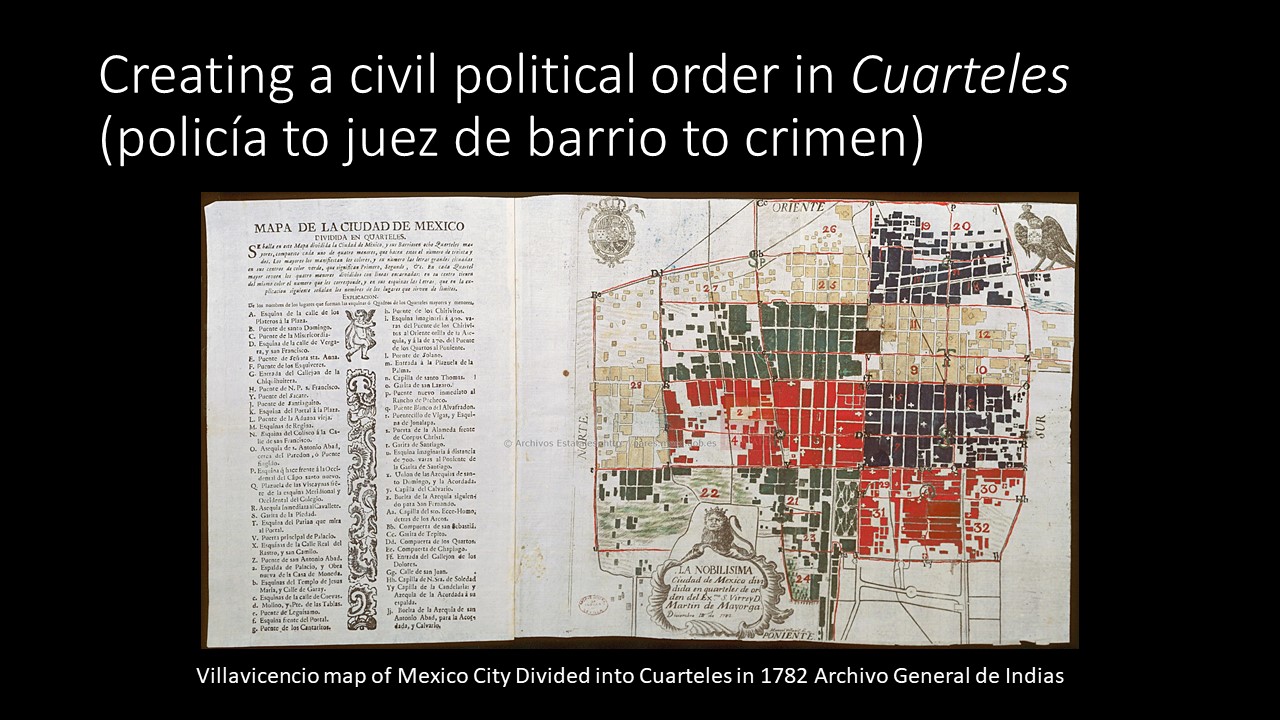


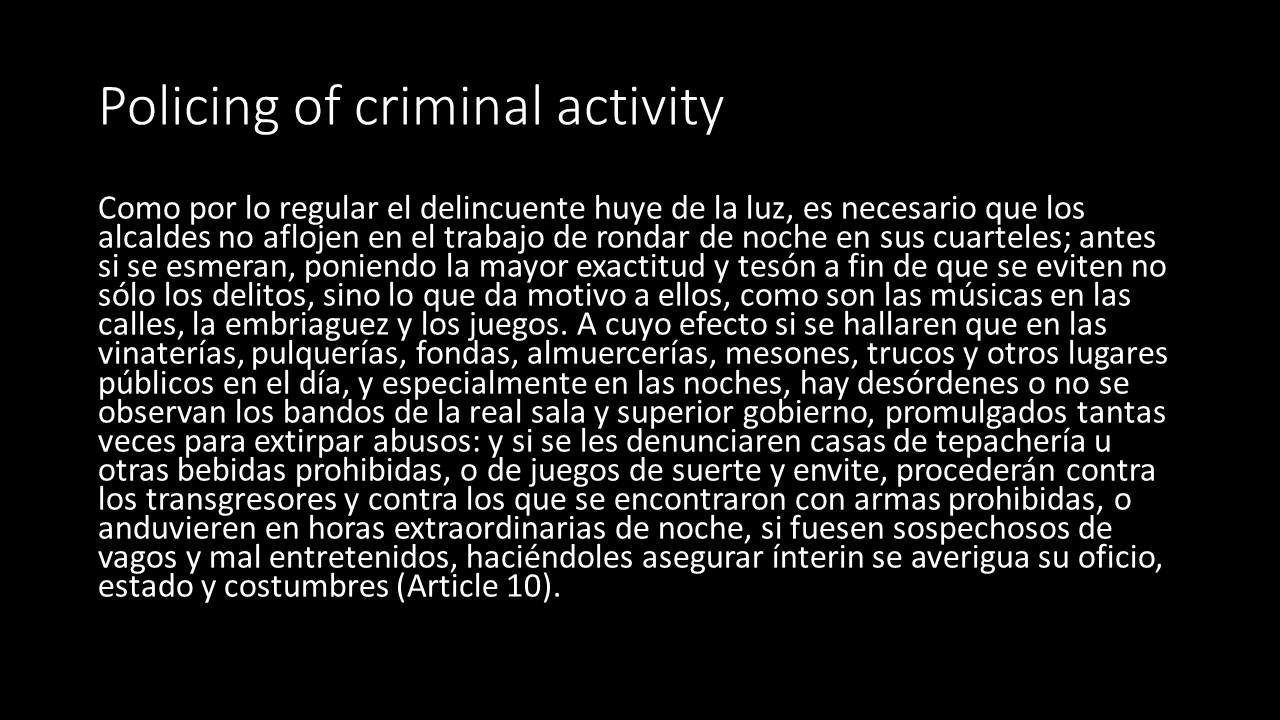

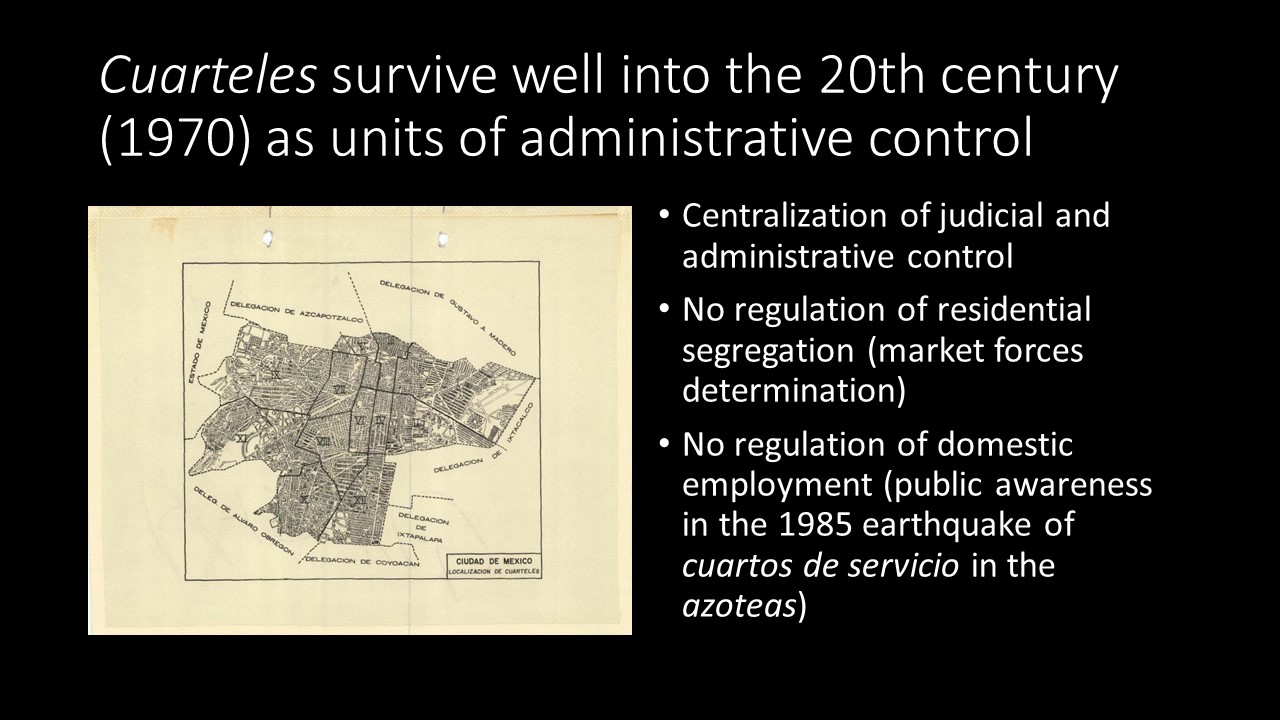
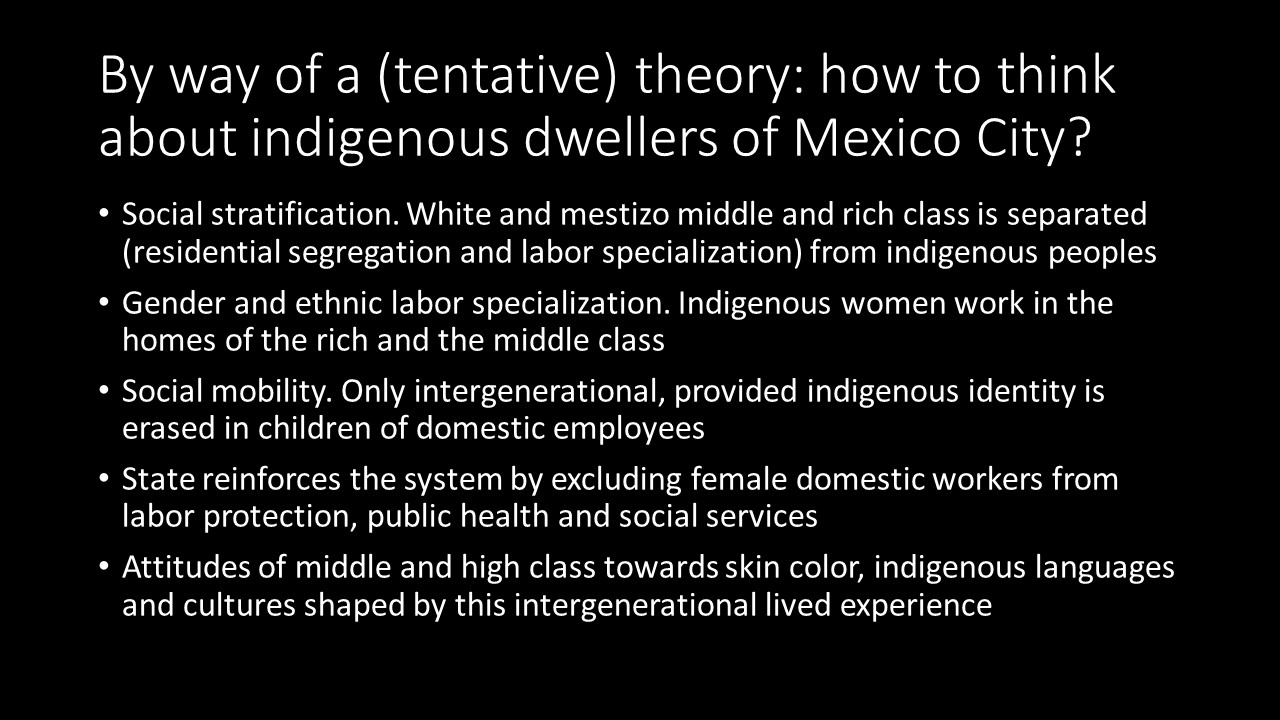
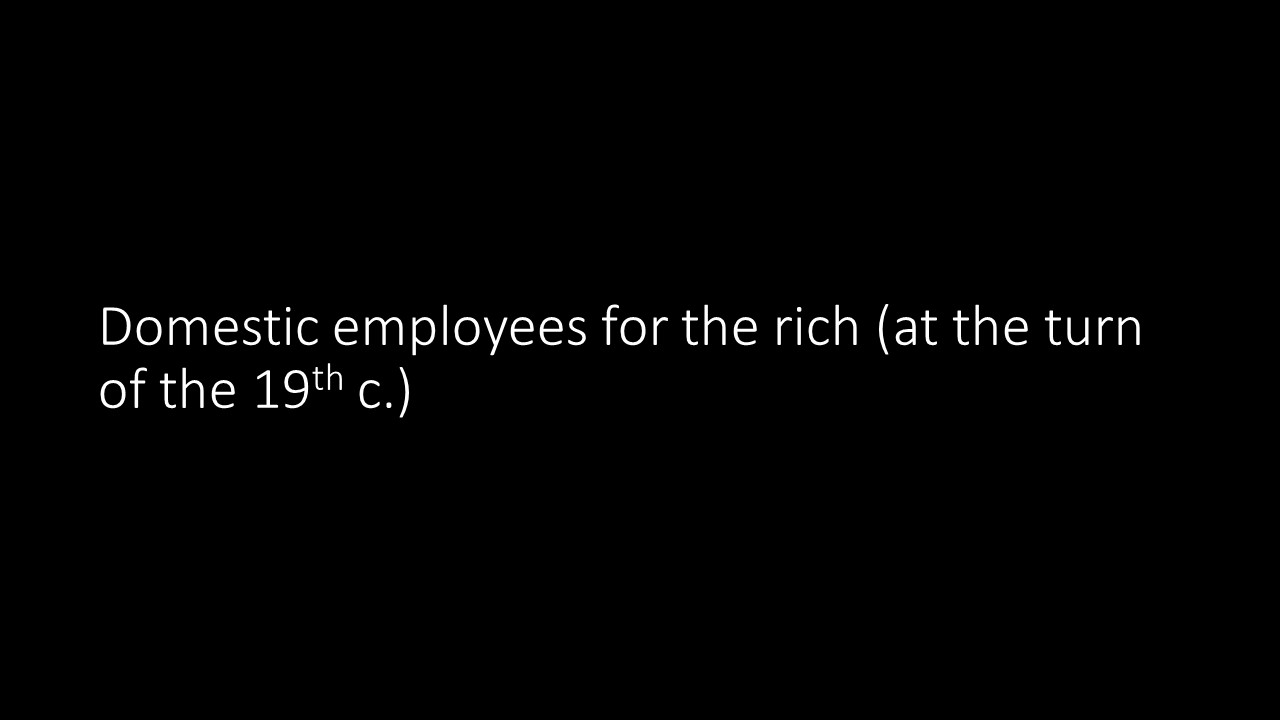
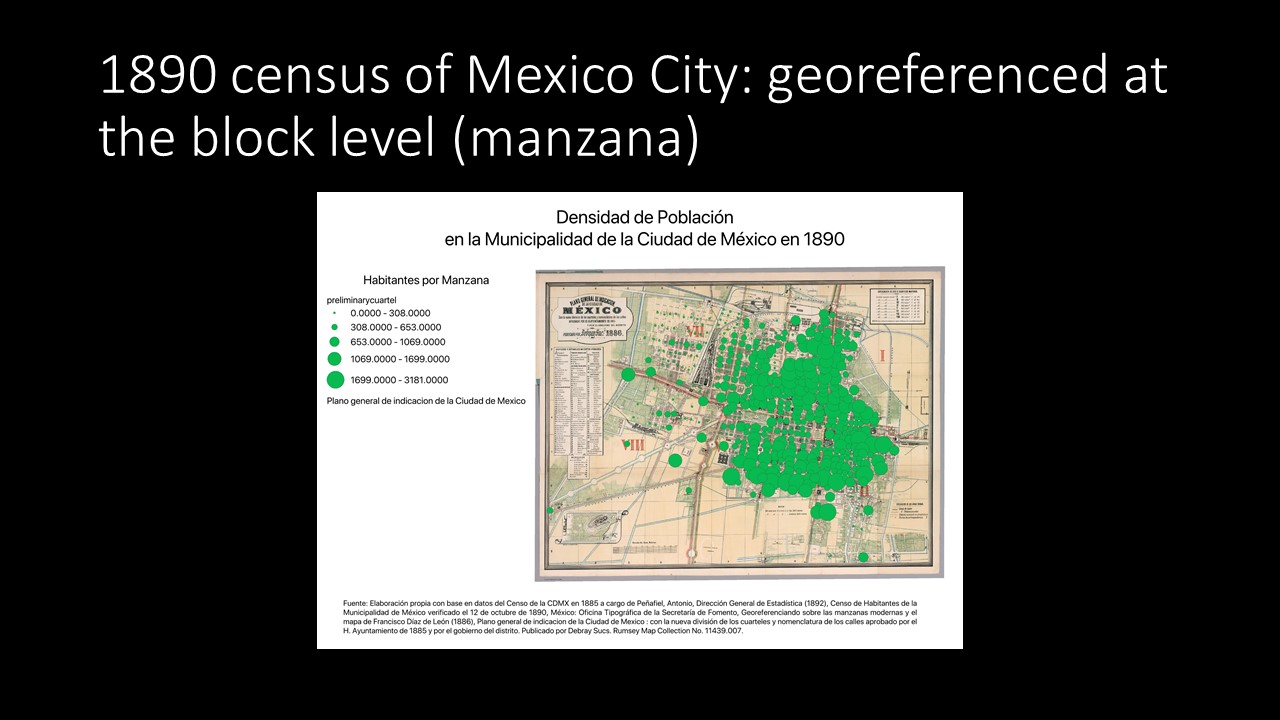

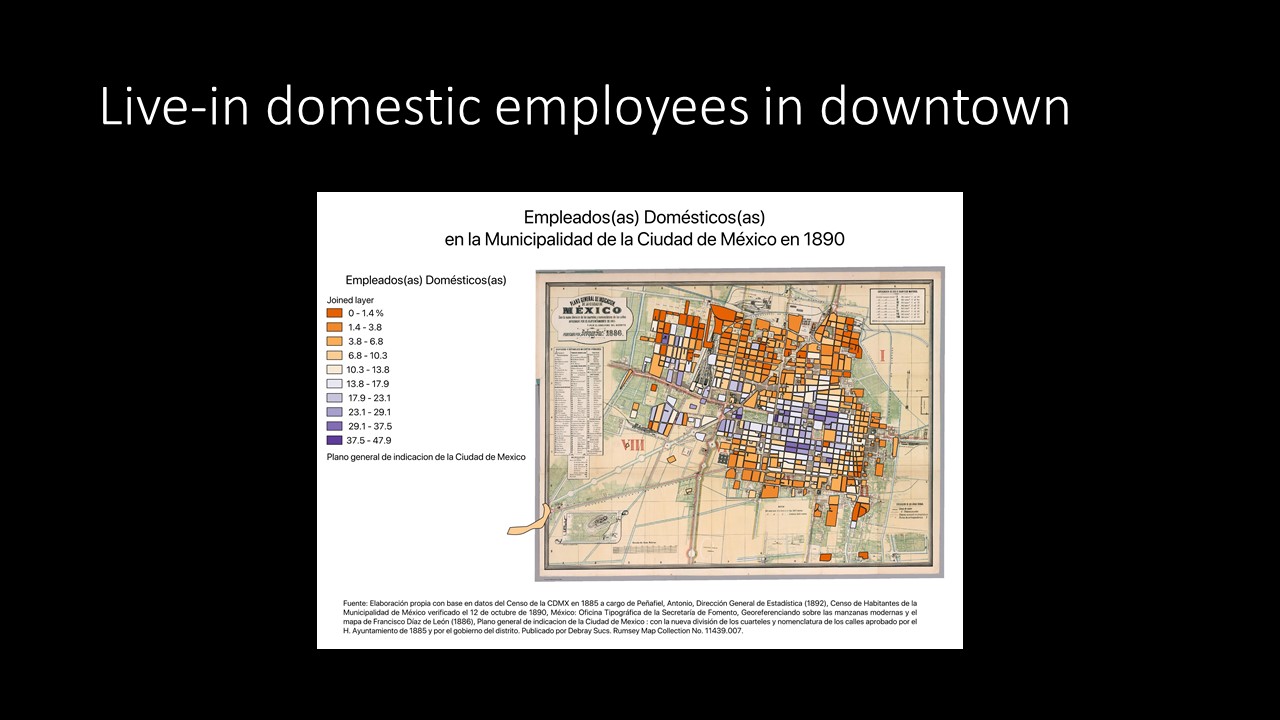

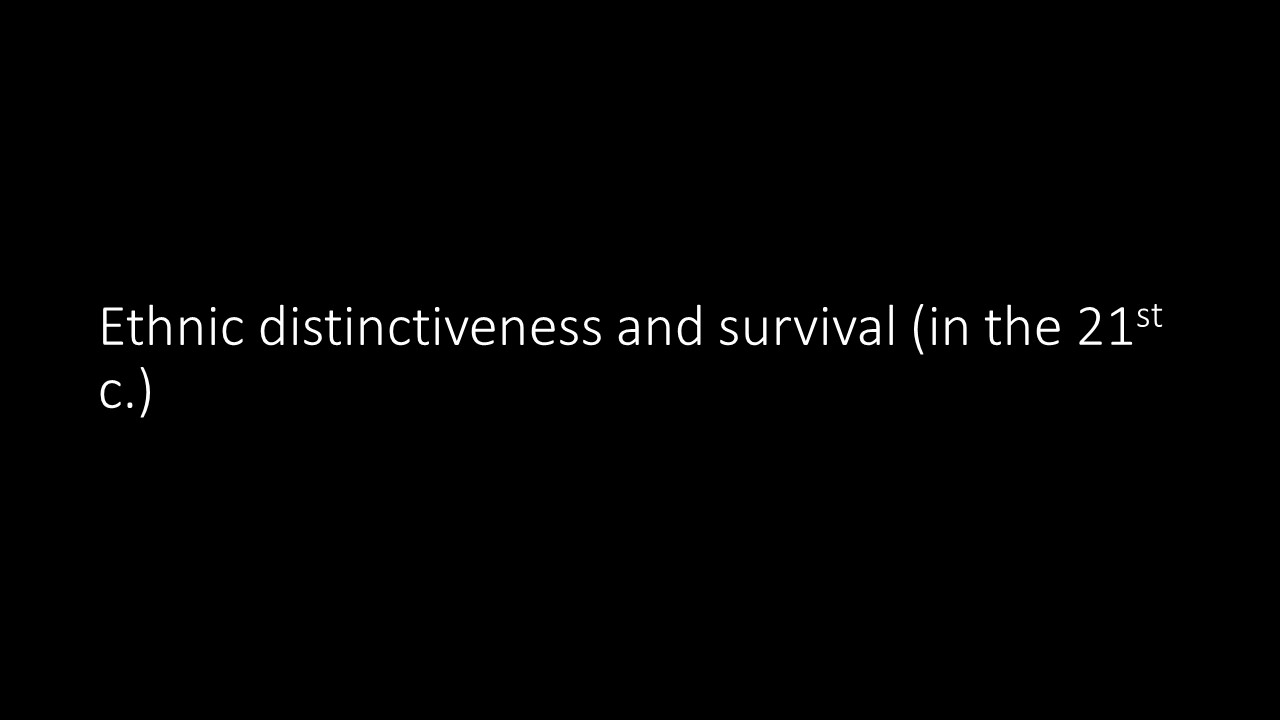
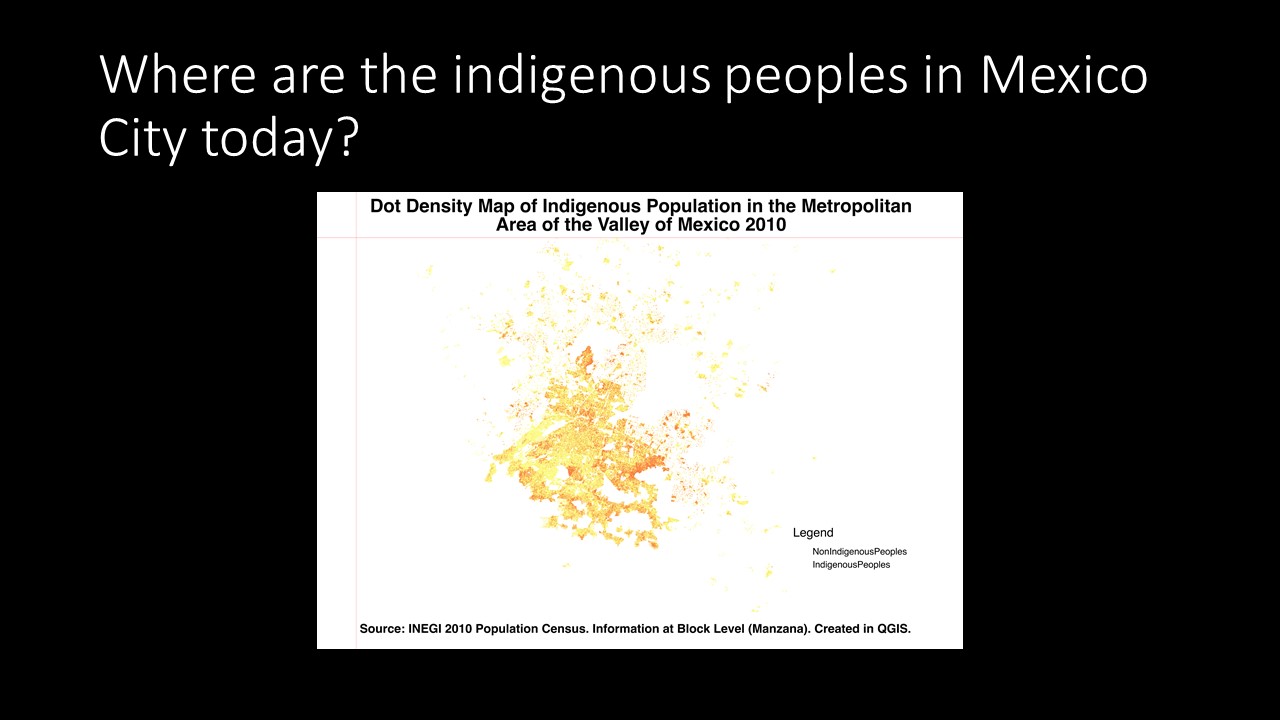

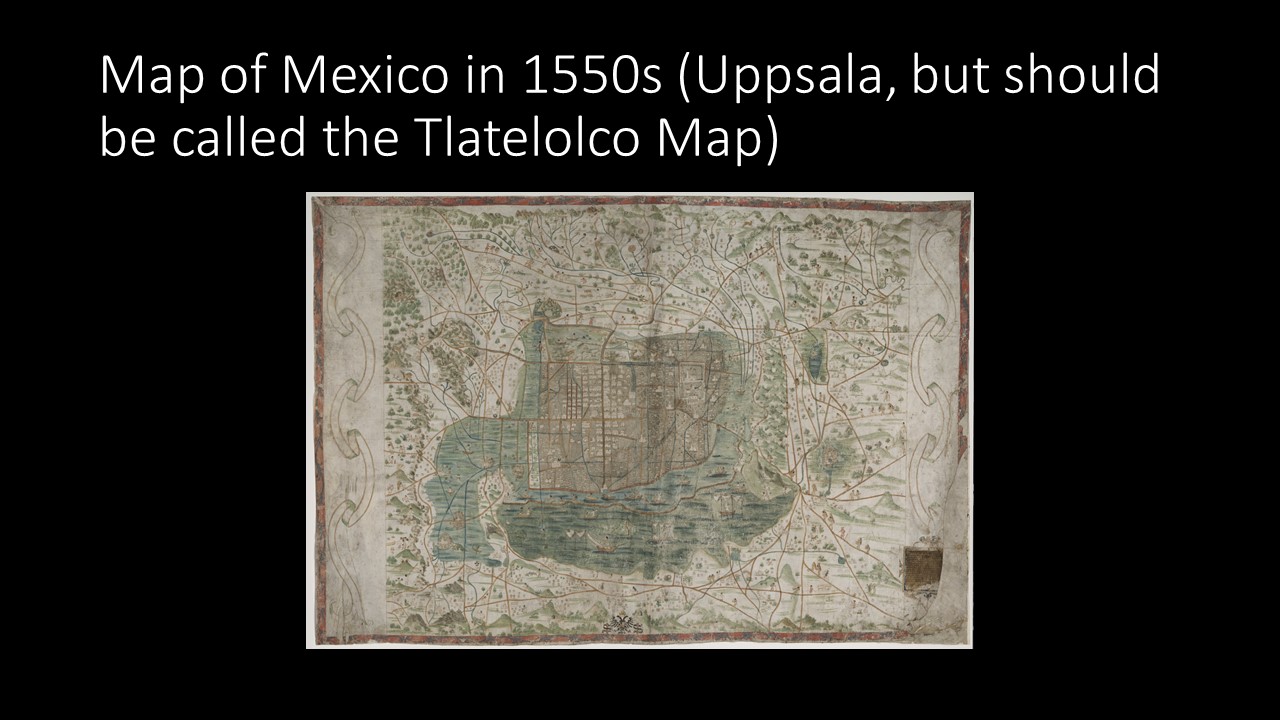
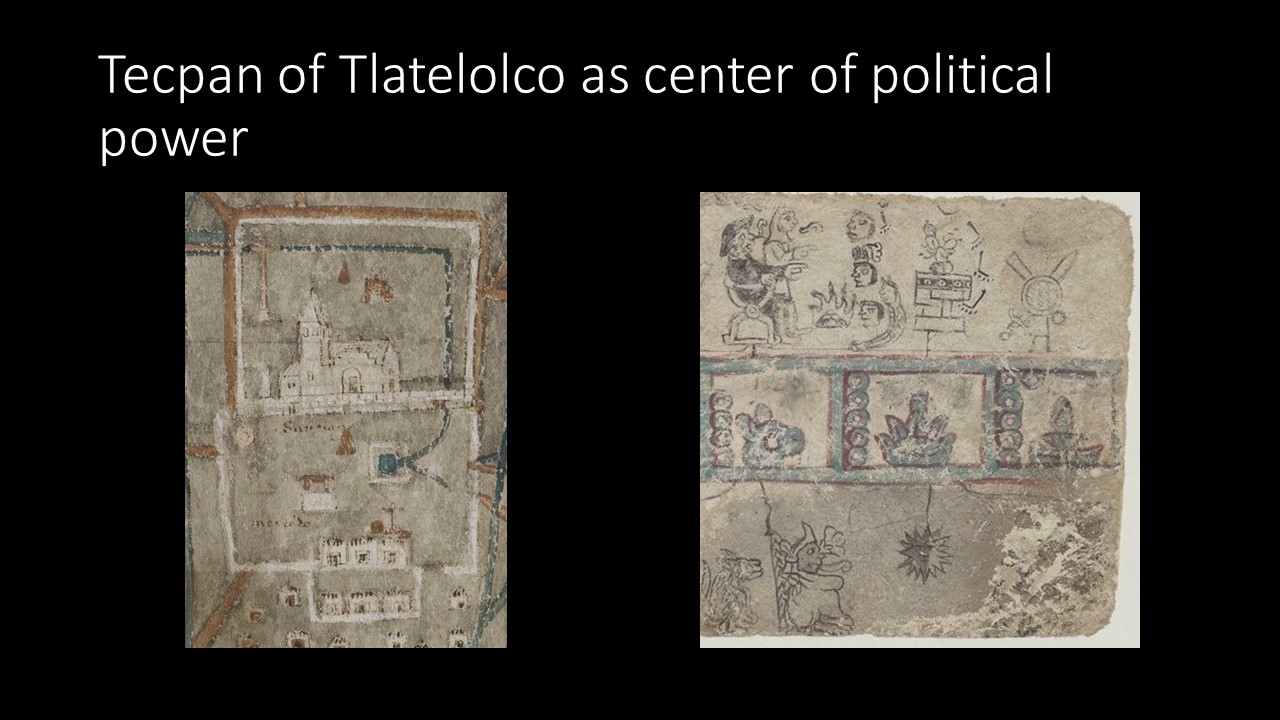
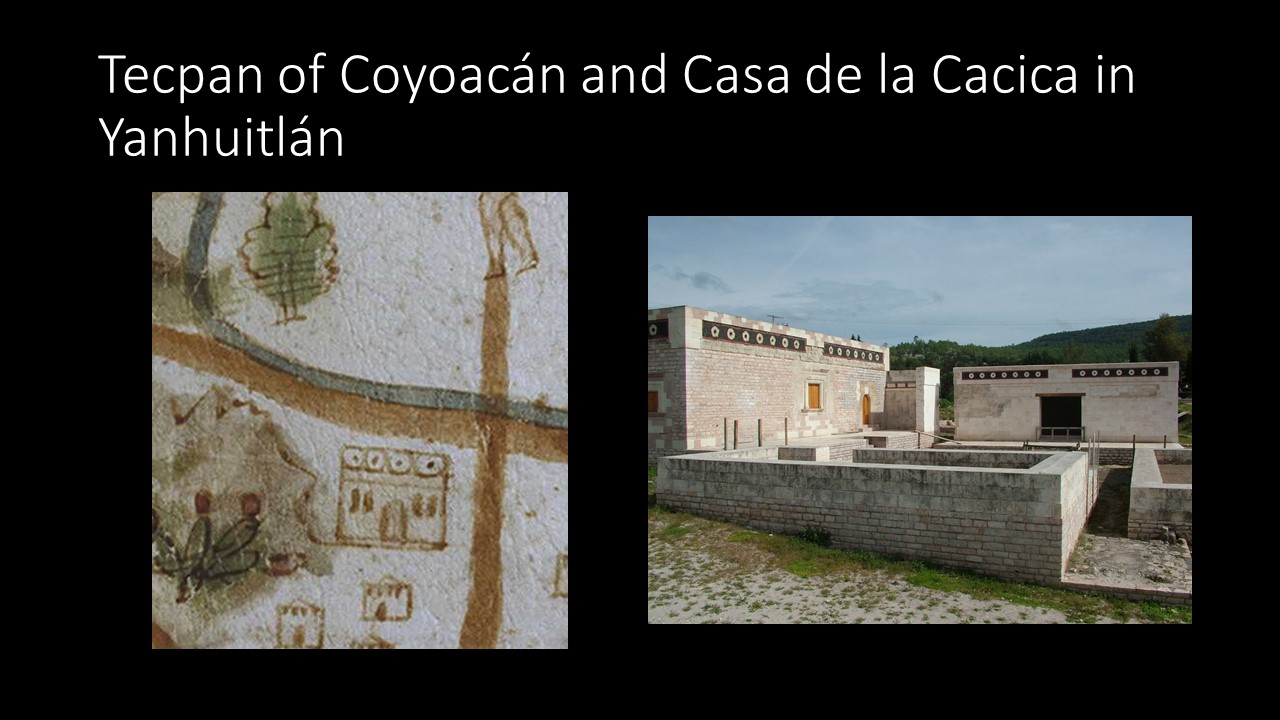
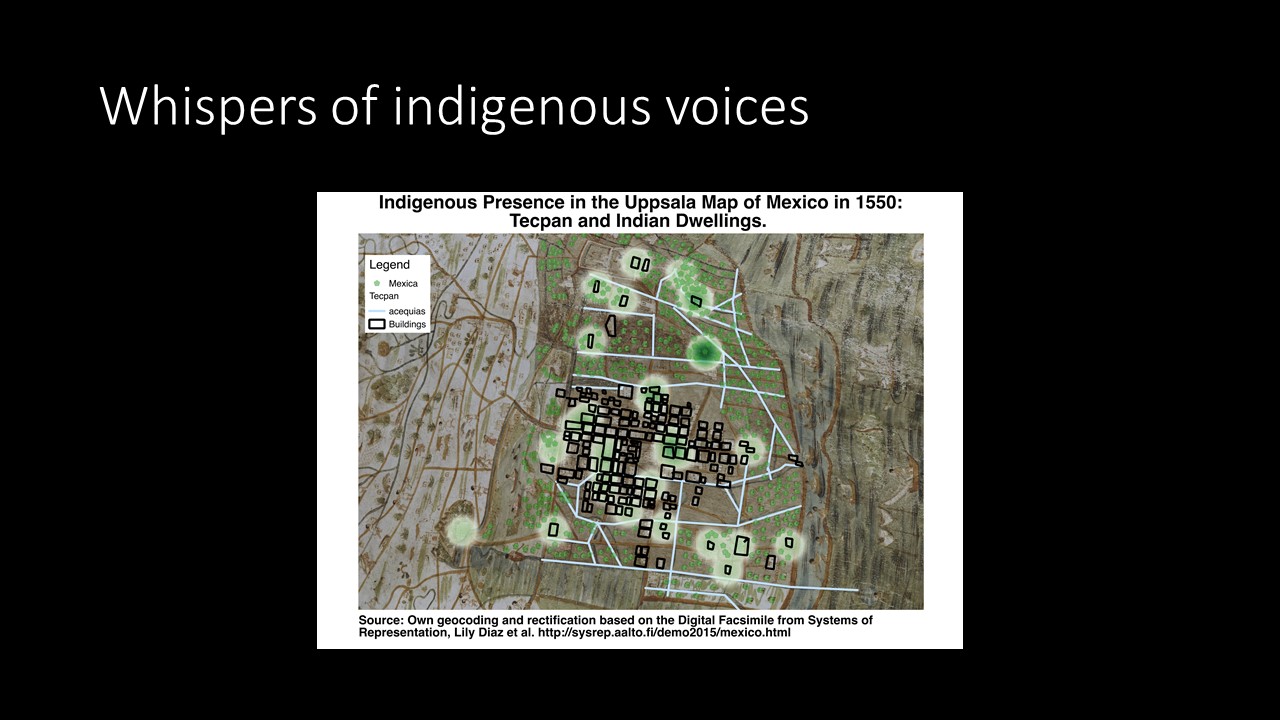


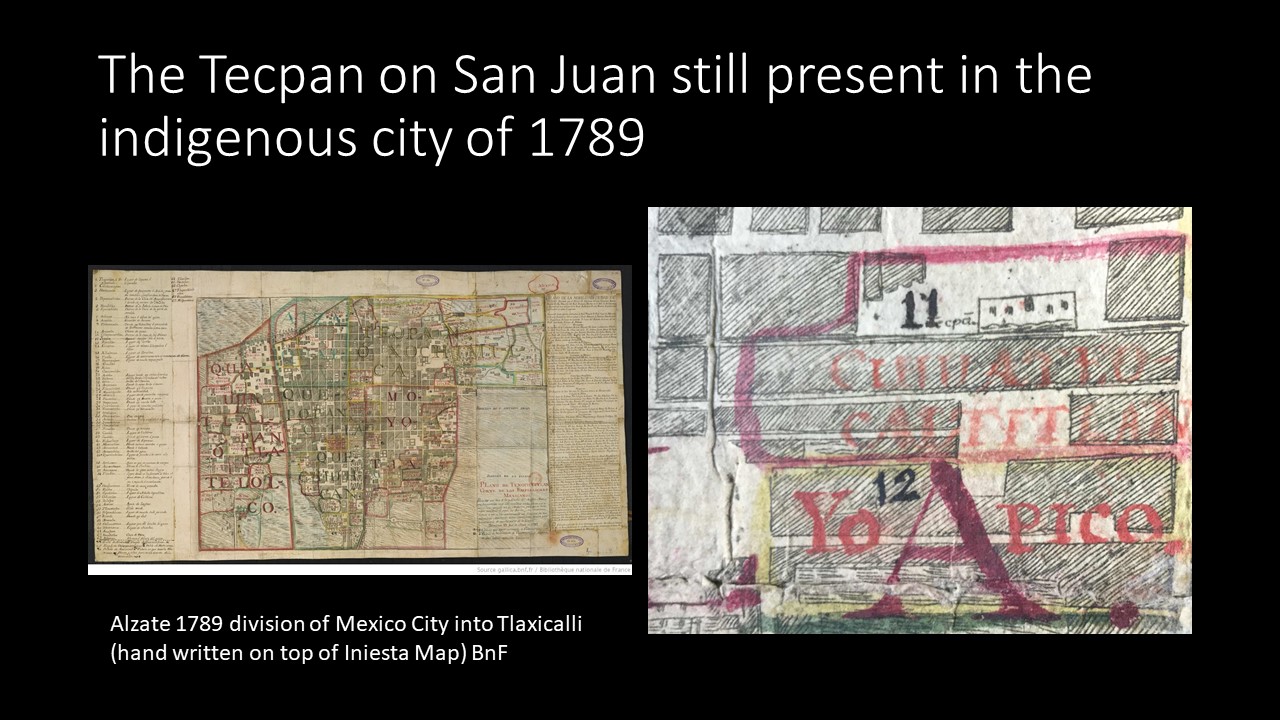

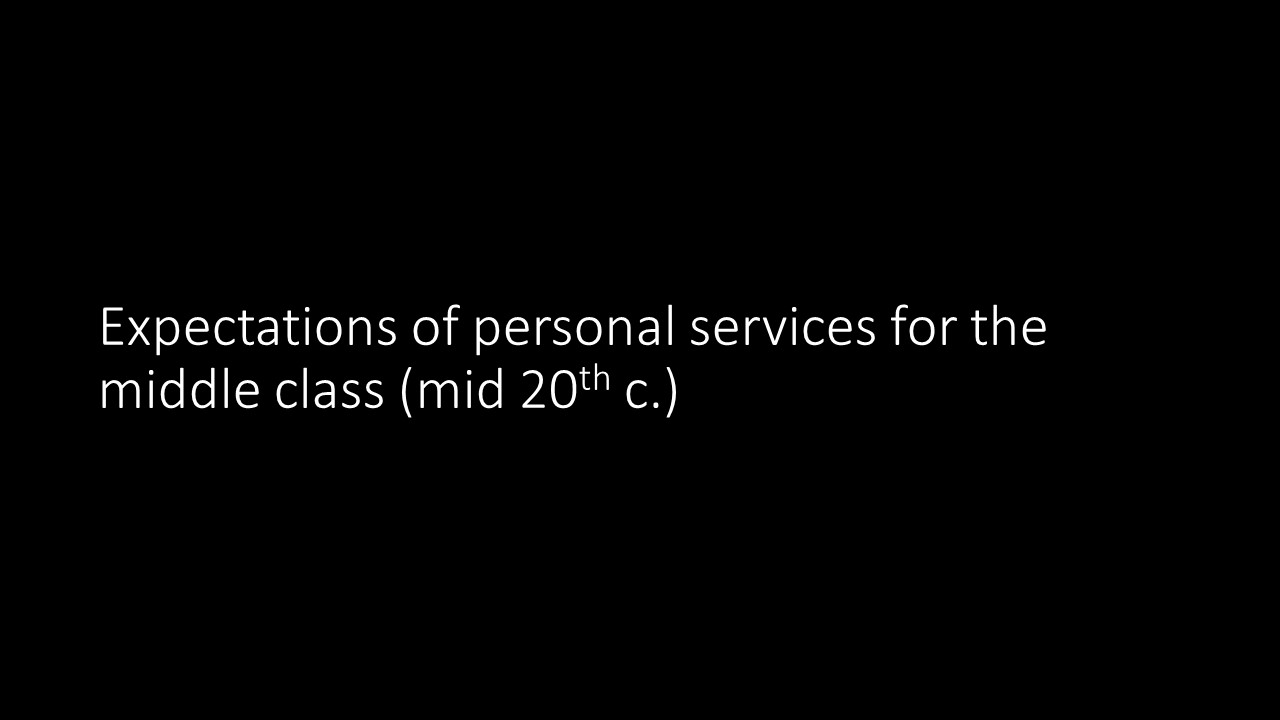
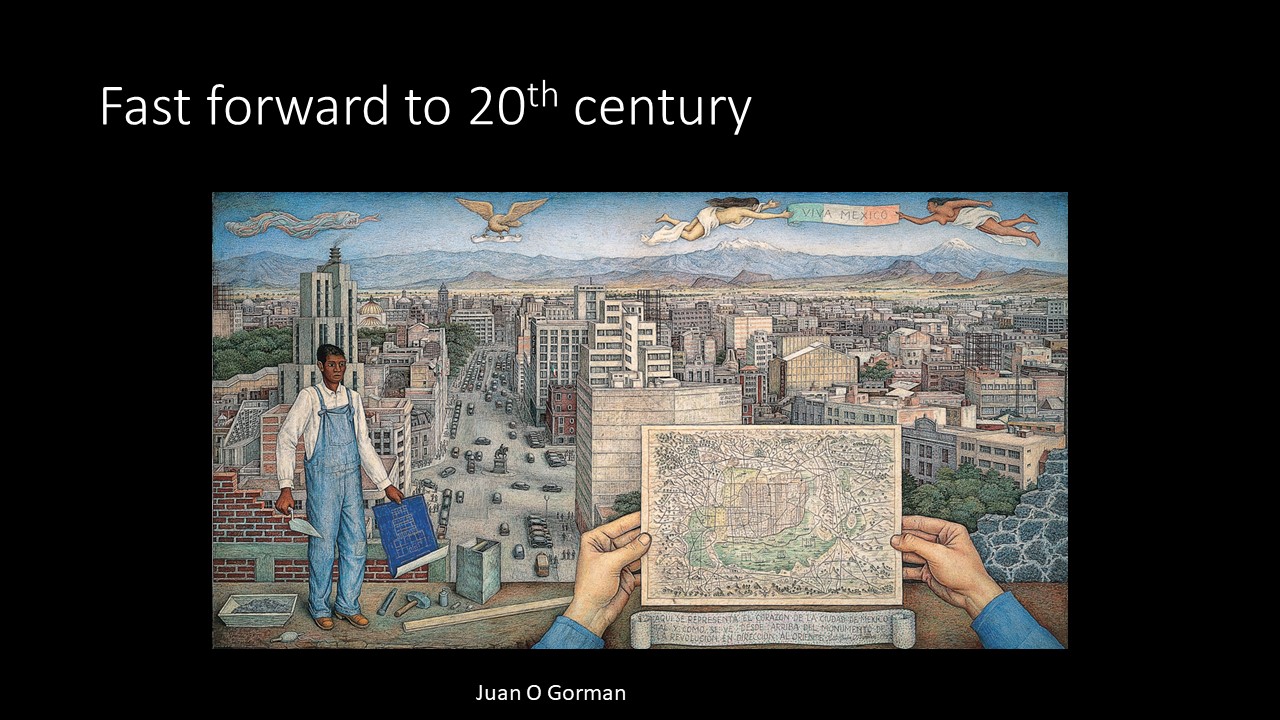

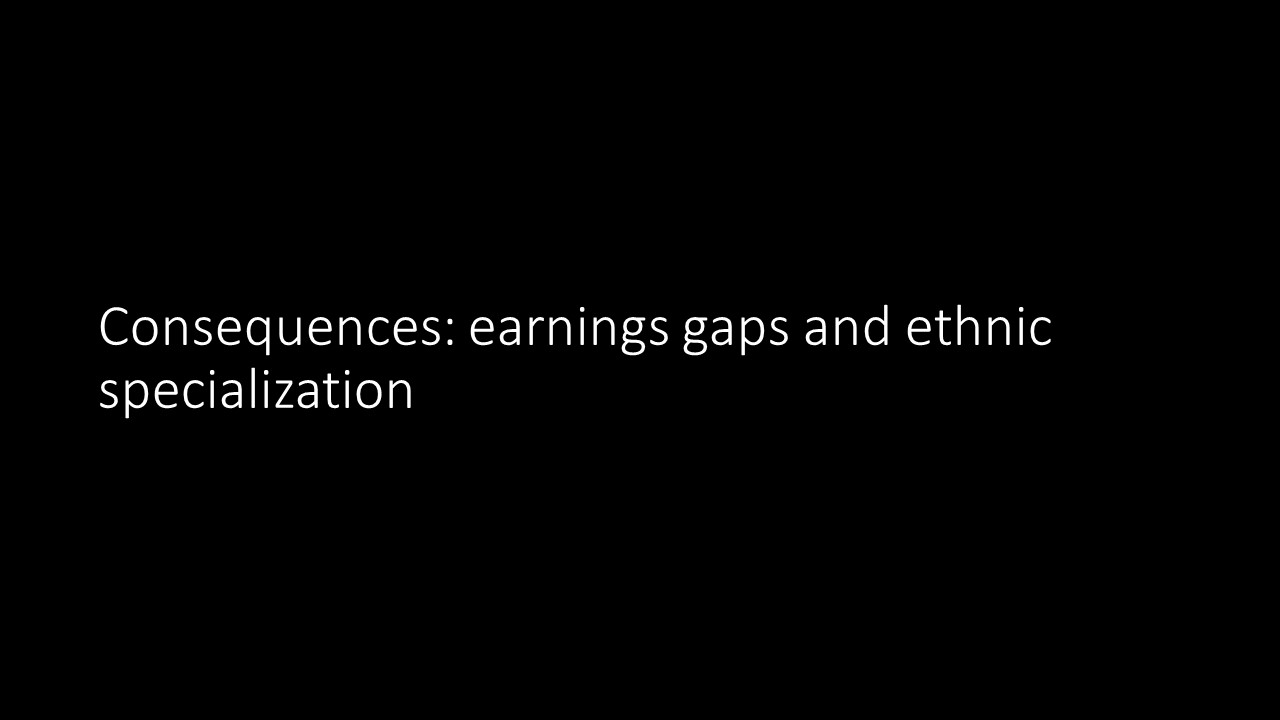
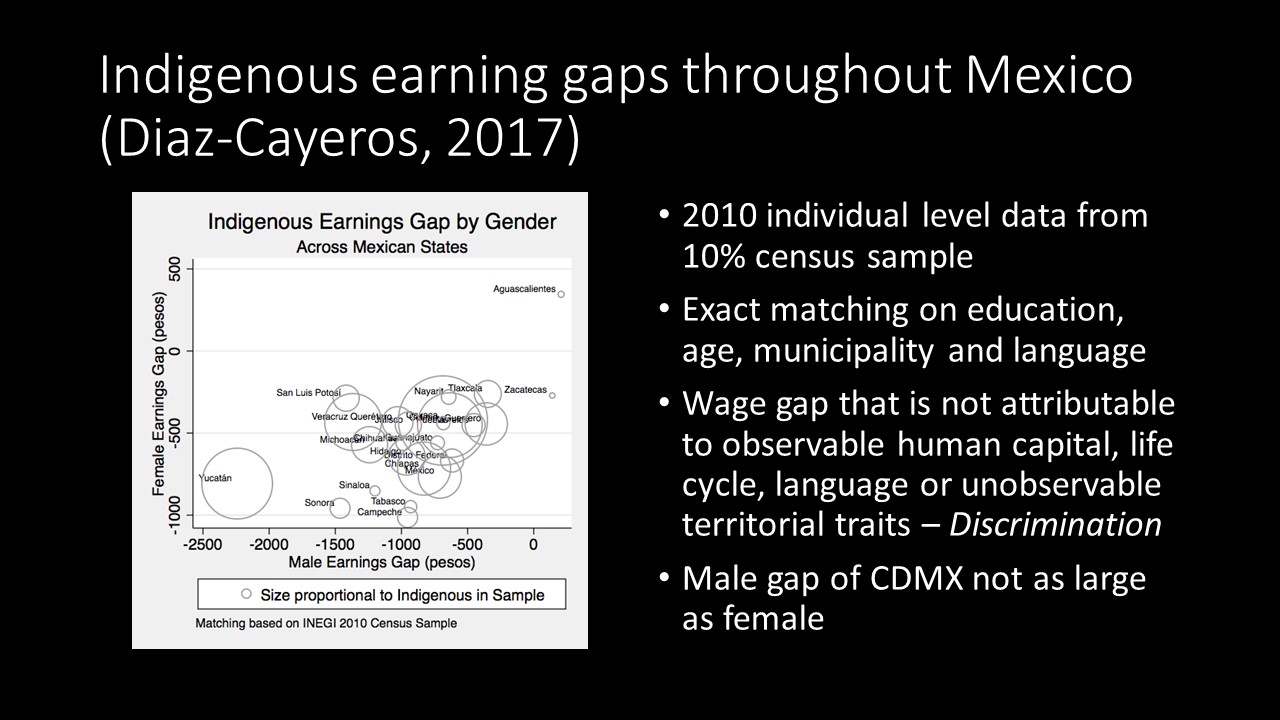
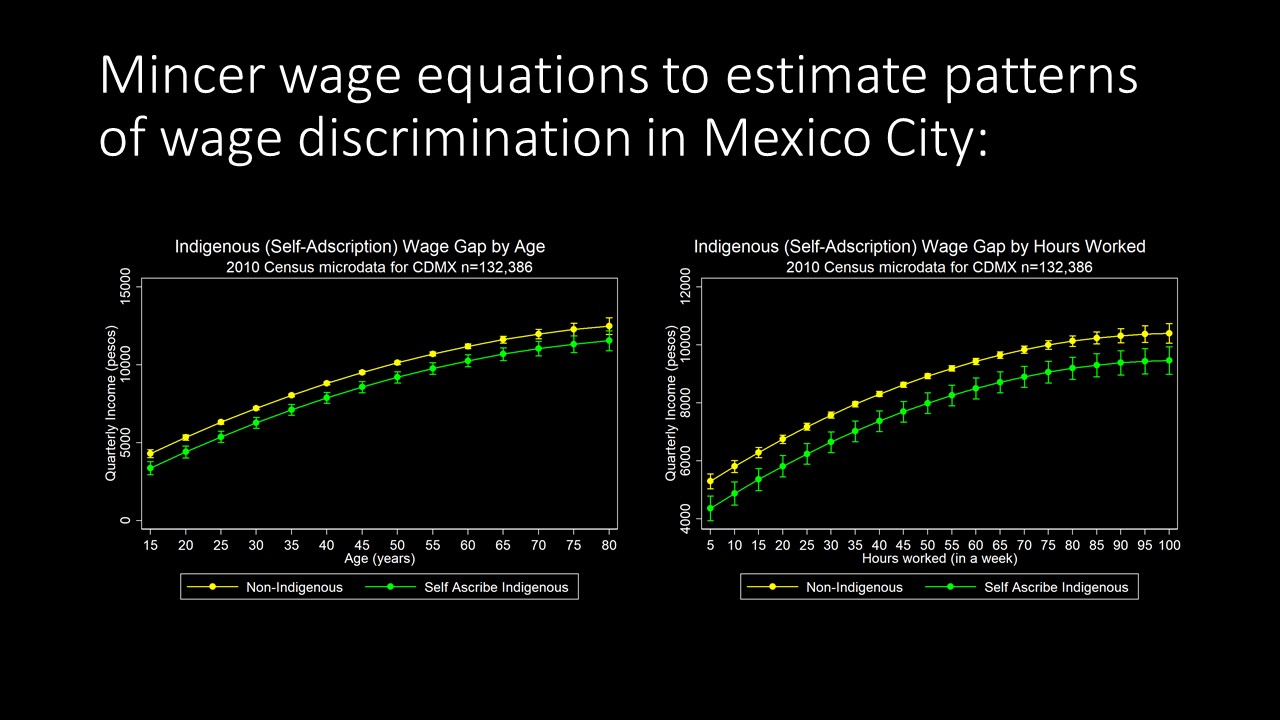
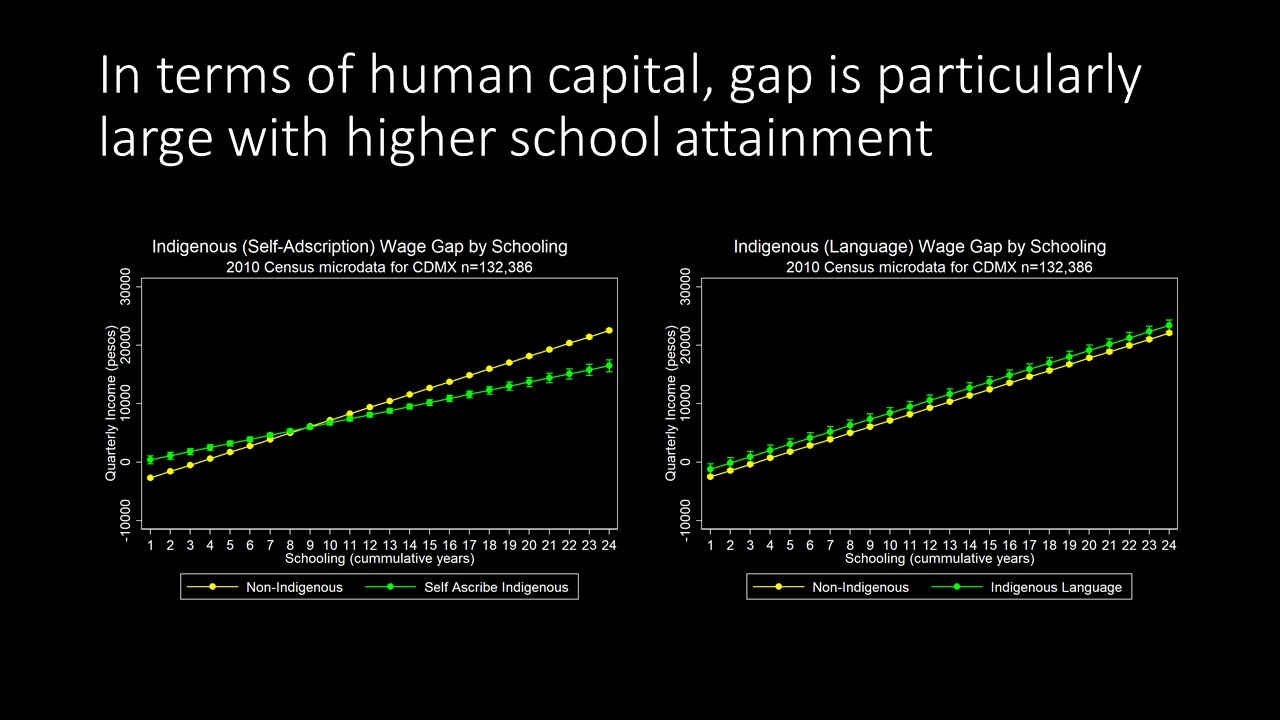
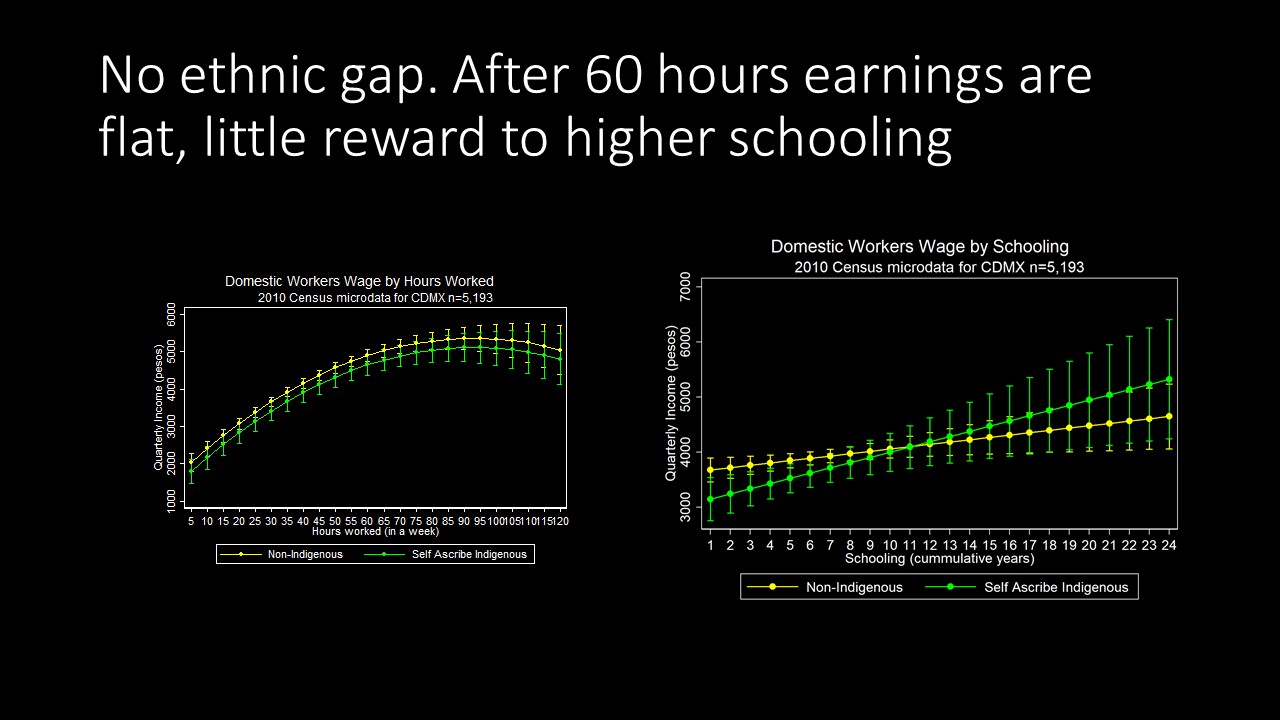
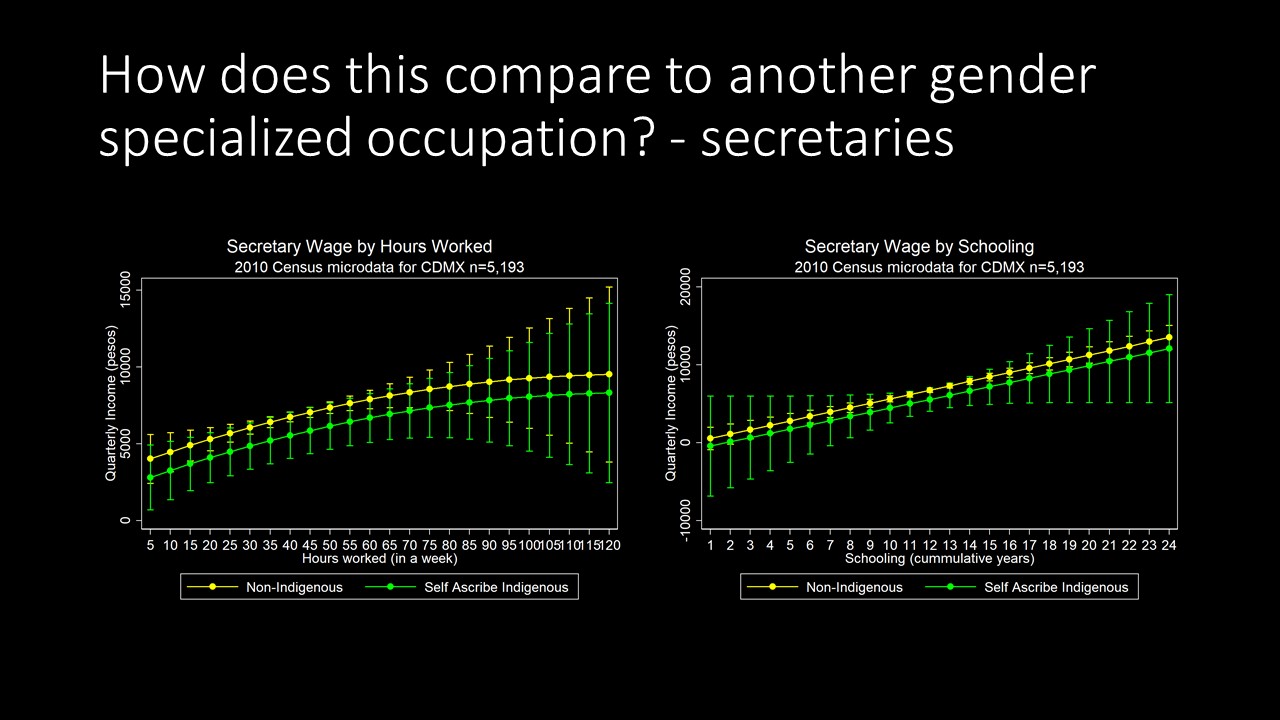
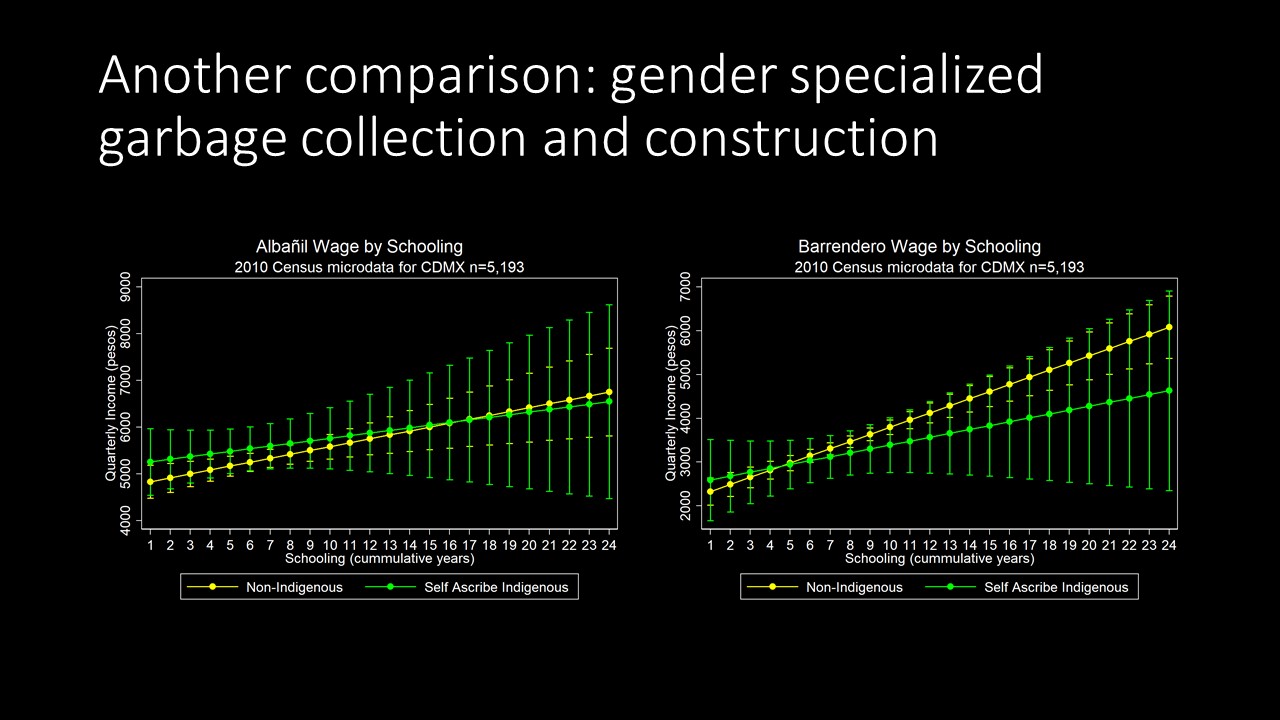
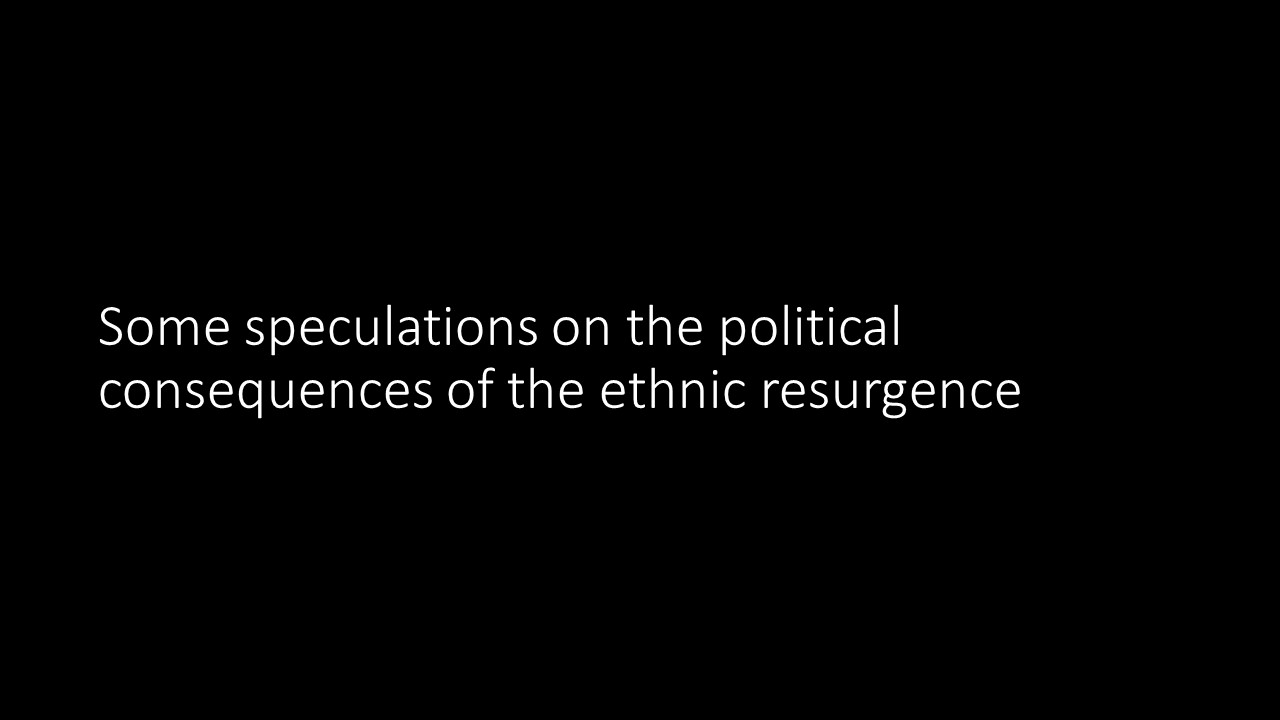
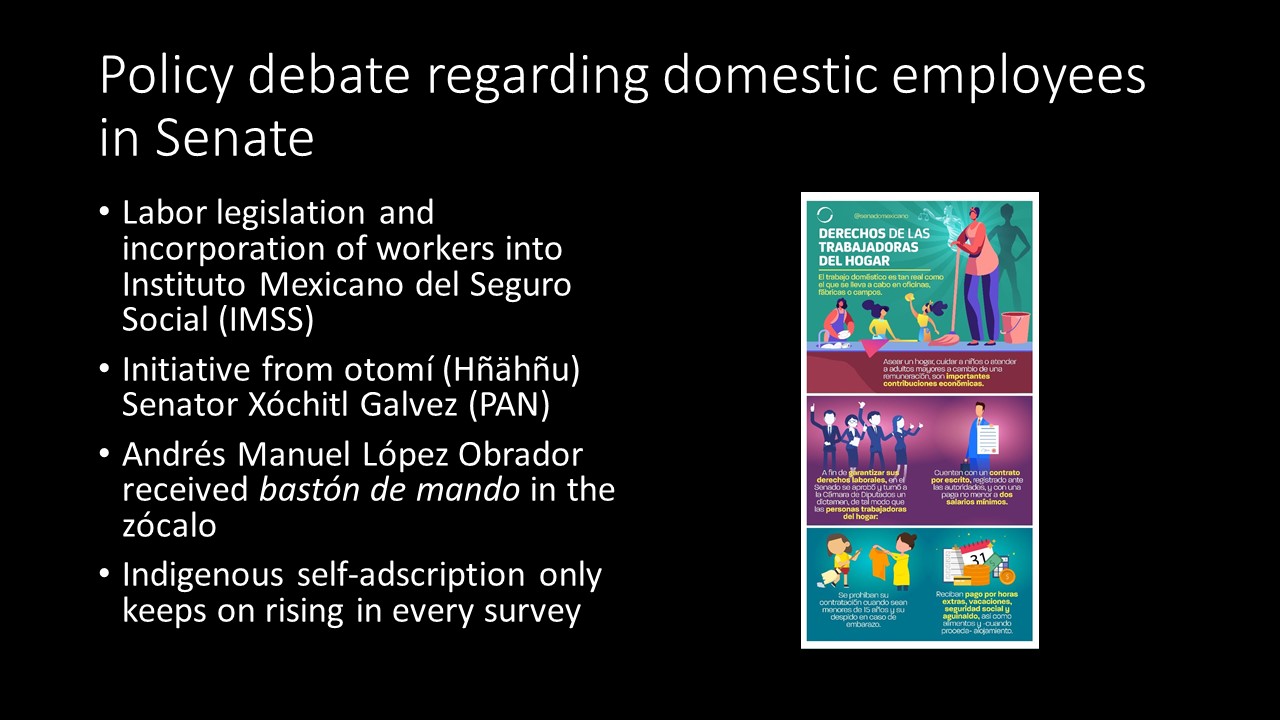
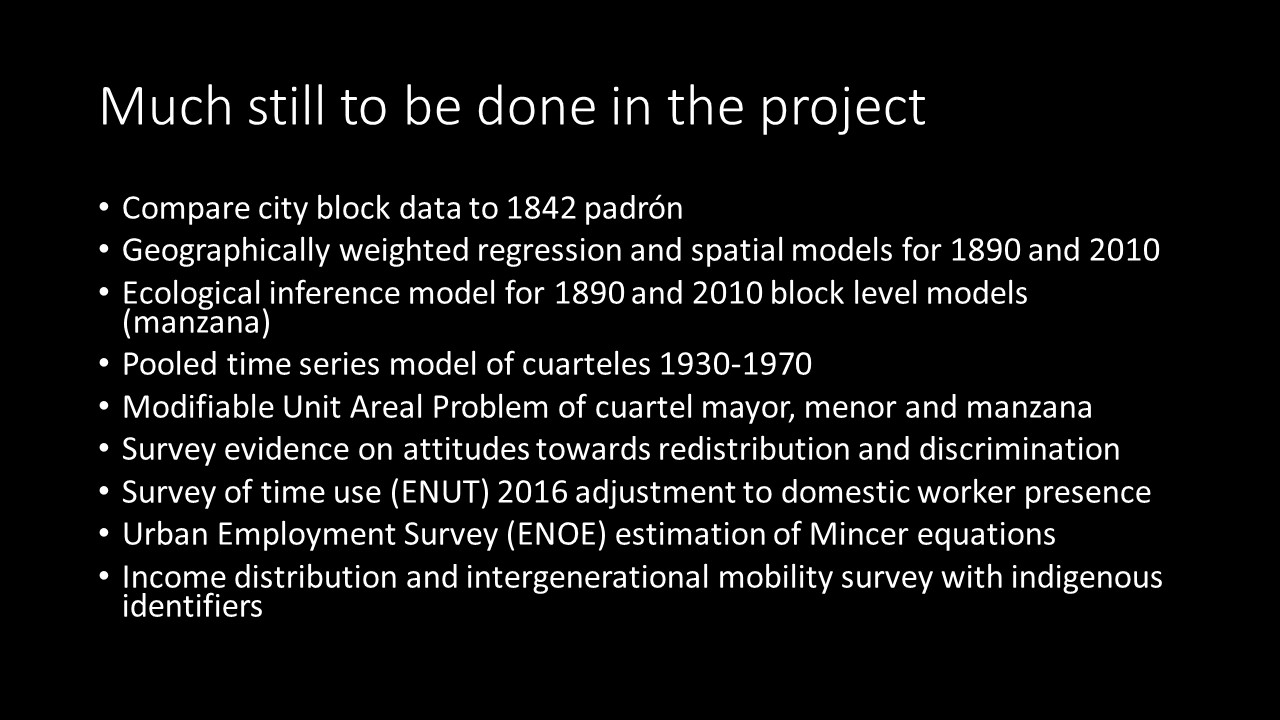
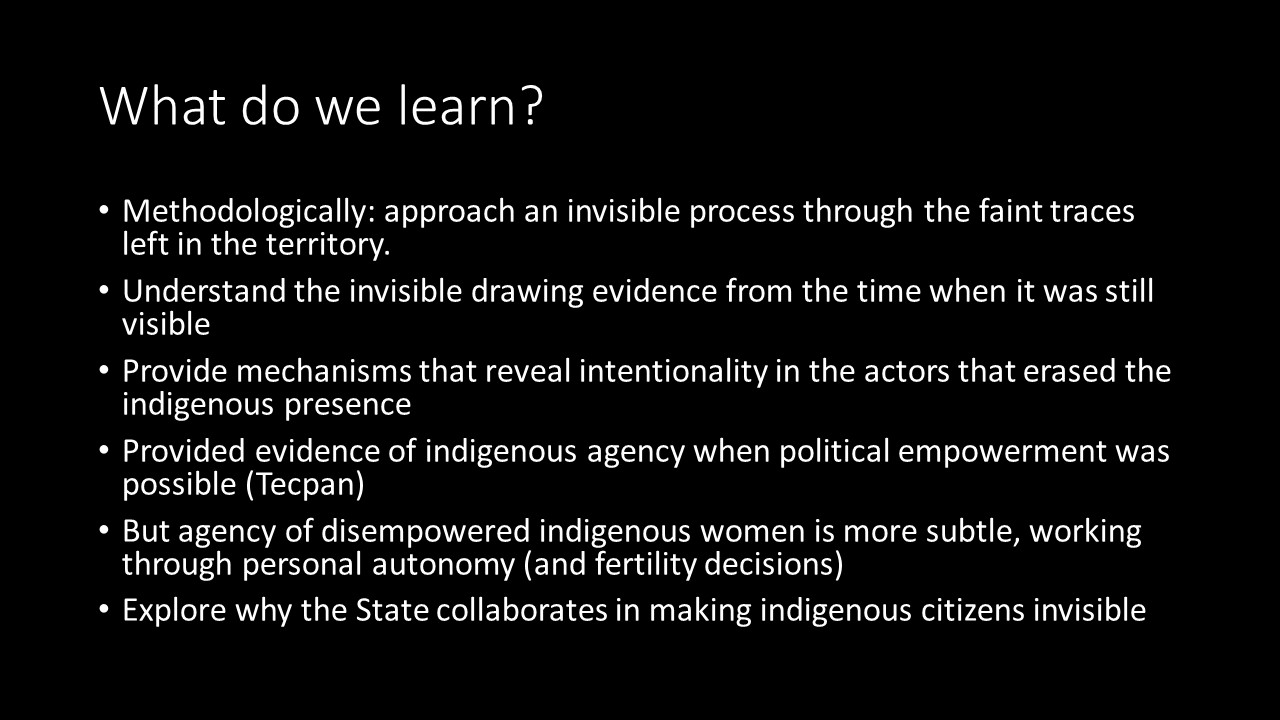
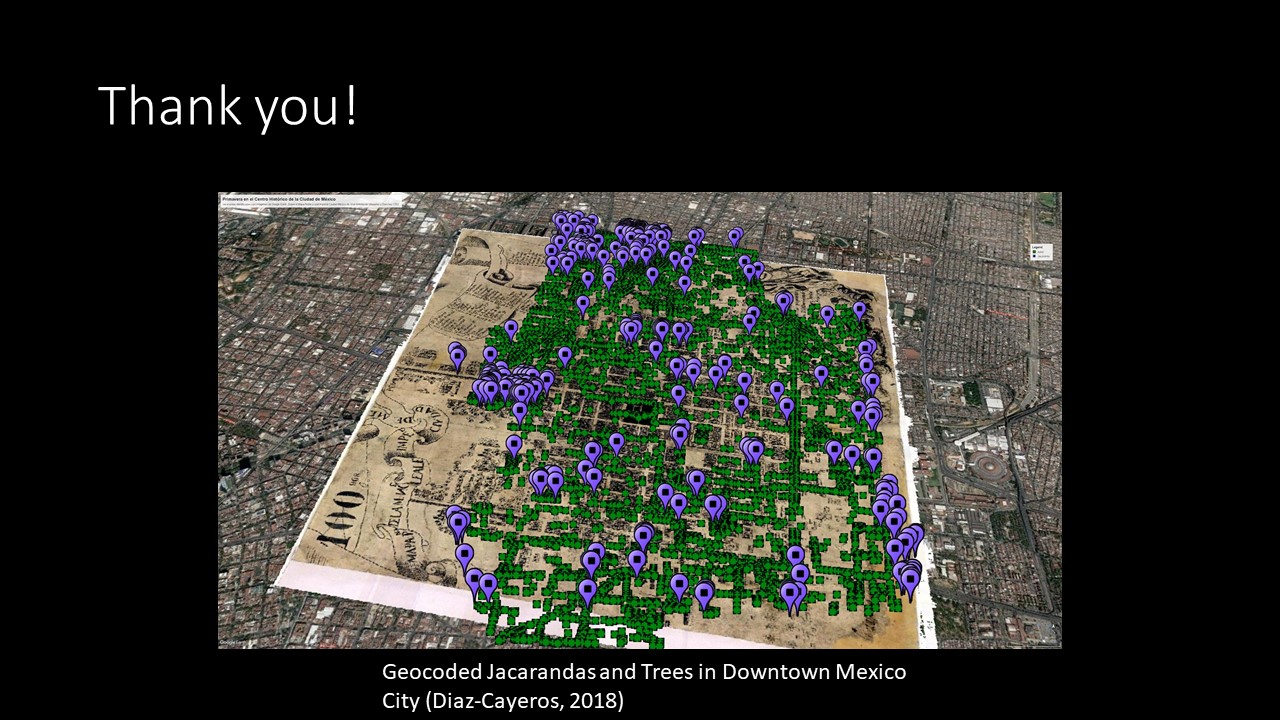
The Differential impact of COVID-19 among indigenous communities in Mexico (Presentation DRCLAS, Harvard)











SLIDES FROM PREVIOUS CDDRL SEMINAR (JAN 23, 2020):
Incentives for Police Professionalization in Mexico
In the face of mounting challenges from criminal activity and citizen demands for improved public safety, Mexico has undertaken significant efforts at police reform. Those efforts would presumably enhance the capacity of police forces to fight and deter crime. The presentation explored the quantity and quality of police in Mexico, a federation where multi-tier government makes incentives for police professionalization more challenging than in unitary systems. I report an analysis of individual level micro data from employment surveys (ENOE) used to estimate, through Mincer equations, the implicit wage incentives given to experience and human capital formation in the different types of police corporations, during both the Calderón and Peña Nieto presidential administrations. I also calculate, using individual level data from the 2010 Census sample, the true size of police forces, comparing members of the state corporations to all “legal specialists in the use of violence”, including private security guards at homes and businesses. The findings suggest that improving policing in Mexico is not merely a question of adding manpower or spending more budgetary resources, but of changing career incentives for greater professionalization.
